
TEXTOS: SHEILA JUNQUEIRA
TRADUÇÃO: LEANDRO SERRANO
DESIGN: RAPHAEL MARIANO

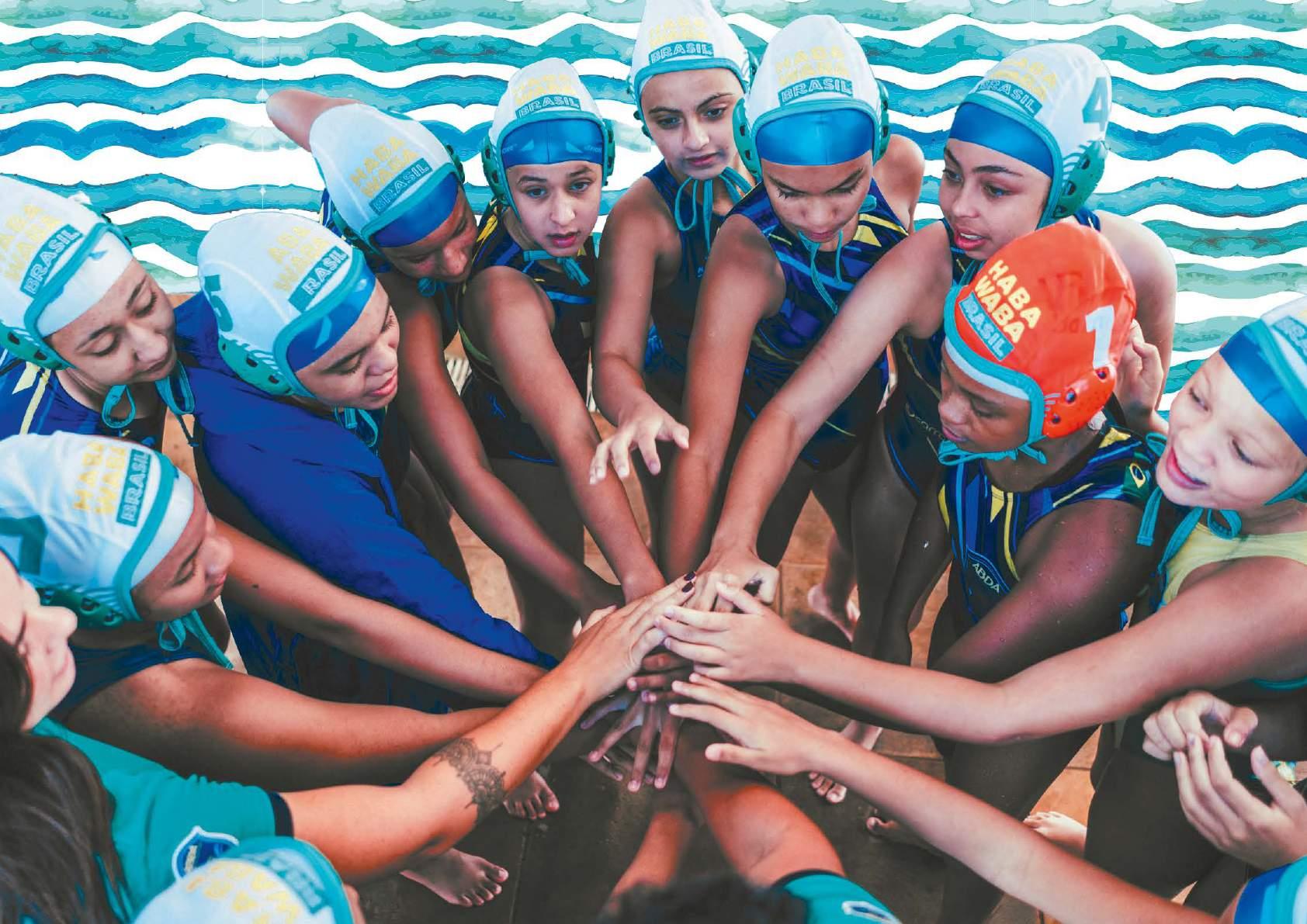


TEXTOS: SHEILA JUNQUEIRA
TRADUÇÃO: LEANDRO SERRANO
DESIGN: RAPHAEL MARIANO


Nós latinos, os brasileiros principalmente, temos o hábito de valorizar o jogador talentoso, o craque. Entretanto, o conceito que a ABDA assumiu e adota é valorizar o atleta comprometido. Independente das suas qualidades técnicas, do seu vigor físico, de natureza, da genética, devemos valorizar aquele jogador que se compromete, que se doa. Ele será, sem sombra de dúvida, comprometido com o time, comprometido com a família, comprometido com a equipe. Certamente, com isso ele terá uma evolução enorme, técnica, física e tática.
Está na hora de nós pararmos de valorizar o craque, aquele atleta que não treina, não se dedica, e faz uma jogada mágica em determinado momento, graças ao seu talento individual. O mais importante, que tem que ser grafado, principalmente, nessa idade que é o HaBaWaBa é o comprometimento do atleta para com a equipe.
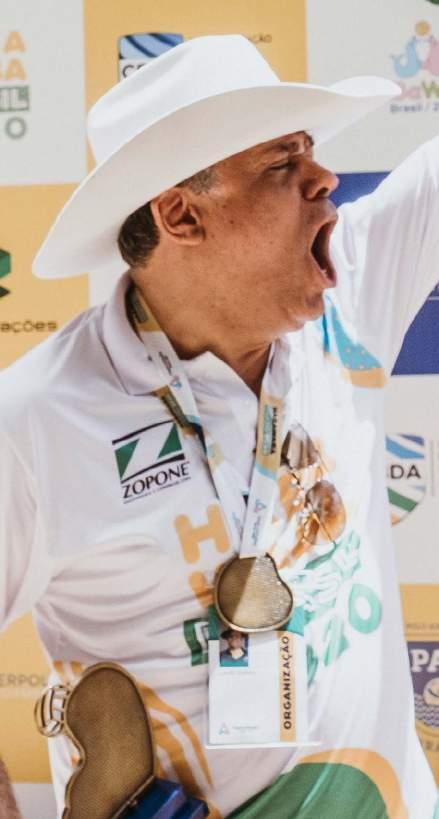
Em primeiro lugar vem o dedicado, não o talentoso. Está na hora de nós, torcedores, mantenedores e treinadores, valorizarmos o comprometimento. Porque o comprometimento significa união, significa doação, significa dar sempre um pouquinho a mais de si mesmo para si mesmo e para com os outros.
Mantenedor da ABDA
We latinos, Brazilians in particular, have a habit of valuing the talented player, the ace. However, ABDA has assumed and adopts the idea of appreciating the committed athlete. Regardless of their technical qualities, their physical vigor, of nature, of genetics, we must appreciate those players who commits themselves, who donates themselves. They will be, without a doubt, committed to the club, committed to the family, committed to the team. Certainly, due to this they will go through huge technical, physical and tactical evolutions.
It is time for us to stop appreciating the aces, those athletes who do not train, do not commit themselves, and make some magic play at a certain moment, thanks to their individual talents. Most importantly, what must be highlighted, especially at this age when they take part in HaBaWaBa is the athlete’s commitment to the team.
First comes the dedicated, not the talented. It’s time for us, fans, maintainers and coaches, to value commitment. Because commitment means union, it means giving, it means always donating a little more of yourself for yourself and for others.
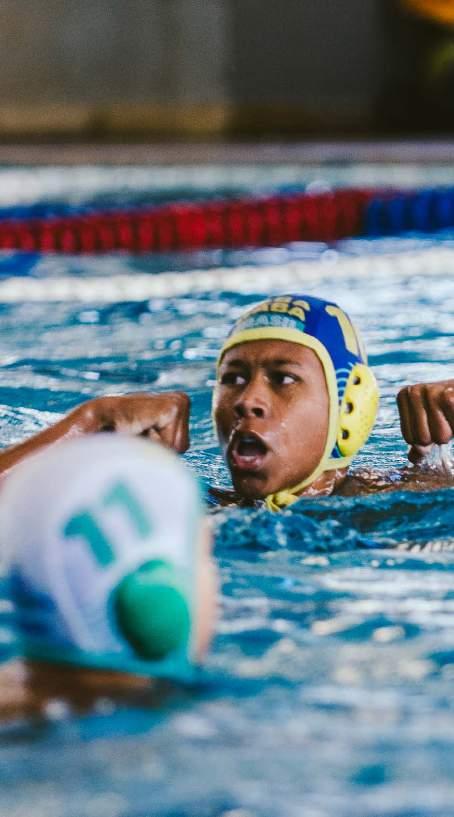
CAROS AMIGOS DO HABAWABA BRASIL,
Como Presidente da Waterpolo Development, organização sem fins lucrativos que criou a HaBaWaBa em 2007, estou muito feliz e orgulhoso em recebê-lo na 3ª edição da HaBaWaBa Brasil. Graças ao esforço e ao esplêndido trabalho da ABDA, este evento em Bauru se tornou um dos mais importantes do Circuito Internacional HaBaWaBa. E isso é crucial para nós: nosso objetivo é espalhar o amor pelo polo aquático e os valores esportivos em todo o mundo e o HaBaWaBa Brasil entrega essa tarefa na América do Sul, confirmando o sucesso do nosso formato.
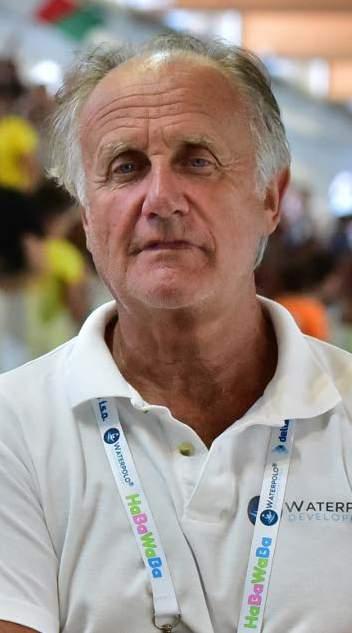
Agora, pequenos jogadores do HaBaWaBa, aproveitem o HaBaWaBa Brasil: orgulhem-se de estar aqui, agradeçam aos seus pais, seus treinadores e seus clubes, porque não existe evento para crianças como o HaBaWaBa no mundo do polo aquático. Aproveite cada momento, dentro e fora da água, pois além do HaBaWaBa há apenas um outro evento onde o esporte se funde com o conhecimento e a descoberta de outros: as Olimpíadas.
Desejo que todos vocês atinjam esse objetivo quando forem adultos - o sonho de participar dos Jogos Olímpicos geralmente começa muito cedo, quando você descobre a emoção que o esporte pode lhe dar - mas enquanto isso vivam no presente, aproveite a colorida celebração do HaBaWaBa, conviva com as crianças das outras equipes, faça amigos e converse com eles.
Se um dia você se tornar um grande jogador de polo aquático, isso será bom. No entanto, se isso não acontecer, HaBaWaBa permanecerá sempre dentro de você, criando memórias inesquecíveis e laços inquebráveis com as pessoas que viverão essa aventura junto com você. Esperamos que o HaBaWaBa o ajude a se tornar um cidadão melhor, a respeitar as regras e aberto ao confronto com outras pessoas. Então, queridos jogadores do HaBaWaBa, vivam o HaBaWaBa Brasil ao máximo e depois falem sobre isso, sejam testemunhas dos valores do HaBaWaBa. Para que no futuro outras crianças possam viver a mesma experiência. Uma experiência única: porque nada é como HaBaWaBa, mesmo na América do Sul!
as President of Waterpolo Development, the no-profit organization which created HaBaWaBa in 2007, I’m very glad and also proud to welcome you at the 3rd edition of HaBaWaBa Brasil. Thanks to the effort and the splendid work by ABDA, this event in Bauru has become one of the most important of the HaBaWaBa International Circuit. And that’s crucial to us: our goal is to spread love for waterpolo and sports values worldwide and HaBaWaBa Brasil delivers this task in South America, confirming the success of our format. Now, little HaBaWaBa players, enjoy HaBaWaBa Brasil: be proud to be here, thank your parents, your coaches and your clubs, because there is no event for kids like HaBaWaBa in the world of waterpolo. Enjoy every moment, inside and outside the water, because besides HaBaWaBa there is only one other event where sport merges with knowledge and discovery of others: the Olympics.
I wish all of you to reach that goal when you’ll be adults - the dream of participating in the Olympic Games usually begins at a very young age, when you discover the excitement that sports can give you - but in the meantime live in the present, enjoy the colorful celebration of HaBaWaBa, mingle with the kids from the other teams, make friends and talk to them.
If one day you’ll become a great waterpolo player, that will be good. However, if that will not happen, HaBaWaBa will always remain inside you, creating unforgettable memories and unbreakable bonds with the people who will live this adventure together with you. We hope HaBaWaBa will help you to become better citizens, to be respectful of rules and open to confrontation with other people. So, dear HaBaWaBa players, live HaBaWaBa Brasil to the fullest and then tell about it, be a witness to the values of HaBaWaBa. So that in the future other kids can live your same experience. A unique experience: because nothing is like HaBaWaBa, even in South America!
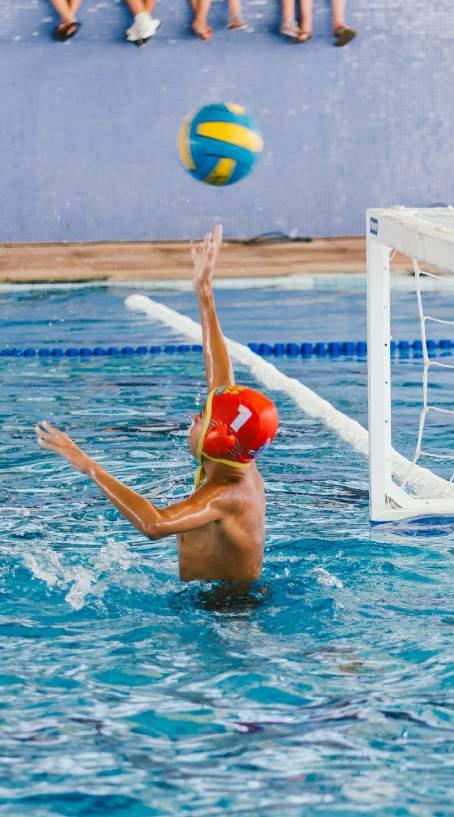
HaBaWaBa é uma sigla que significa Happy Baby Water Ball, palavras que pretendem representar a alegria de uma criança ao “brincar com a bola na água”. Brincar e se divertir, para nós, são a mesma coisa. Portanto, HaBaWaBa, o jogo inventado pela Waterpolo Development, deve ser entendido primeiro, e então o universo de pessoas, eventos e agenda que surgiram dele e se desenvolveram ao longo dos anos. O objetivo é único: difundir o amor pelo polo aquático pelos 5 continentes e, paralelamente, os nobres valores do esporte e da convivência. No centro desse universo, está o Festival Internacional HaBaWaBa, o maior e mais importante evento de polo aquático do mundo.
HaBaWaBa is an acronym that stands for Happy Baby Water Ball, words that want to represent the joy of a child when “playing with the ball in the water”. Playing and having fun, for us, are the same thing. Therefore, HaBaWaBa, the game invented by Waterpolo Development must be first understood, and then the universe of people, events and agenda that have sprung from it and have developed over the years. The goal is unique: to spread the love for water polo through the 5 continents and alongside, the noble values of sport and coexistence. At the center of this universe is the HaBaWaBa International Festival, the largest and most important water polo event in the world.
O HaBaWaBa Brasil quer ensinar às crianças o verdadeiro valor ético do esporte por meio de um torneio de polo aquático em que socializar e respeitar o adversário são fatores predominantes e assim a competição se transforma em um encontro entre diferentes culturas e etnias. Jogos, competições, workshops envolvem todos os participantes por meio de atividades lúdicas e educacionais.
HaBaWaBa Brasil wants to teach children the true ethical value of sport through a water polo tournament in which, socializing and respecting your opponent are predominant factors and so the competition turns into a meeting between different cultures and ethnic groups. Games, competitions, workshops involve all of the participants through play and educational activities.
1) A bola amarela na água azul atrai tanto as crianças que não sabem nadar quanto as que aprenderam a nadar, evitando o abandono precoce das piscinas para a prática de outros esportes.
2) Pequenos espaços e equipamentos de baixo custo justificam os orçamentos de gestão de piscinas para a organização de escolas de polo aquático.
3) A combinação de água e bola nesta faixa etária são a única possibilidade dos esportes aquáticos vencerem a competição de outros esportes que atraem as crianças por meio da brincadeira.
4) O envolvimento das famílias cria espectadores, entusiastas e treinadores em potencial.
1) The yellow ball in the blue water attracts both children who cannot swim and those who have learned to swim, avoiding the early abandonment of swimming pools to take up other sports.
for water sports to beat the competition from other sports that attract children through play.
5) O grande entusiasmo e interesse decorrente de um alegre evento mundial constituem um veículo de semeadura e promoção do esporte muito superior a qualquer outra iniciativa.
2) Small spaces and inexpensive equipment justify swimming pool management budgets as regards the organization of waterpolo schools.
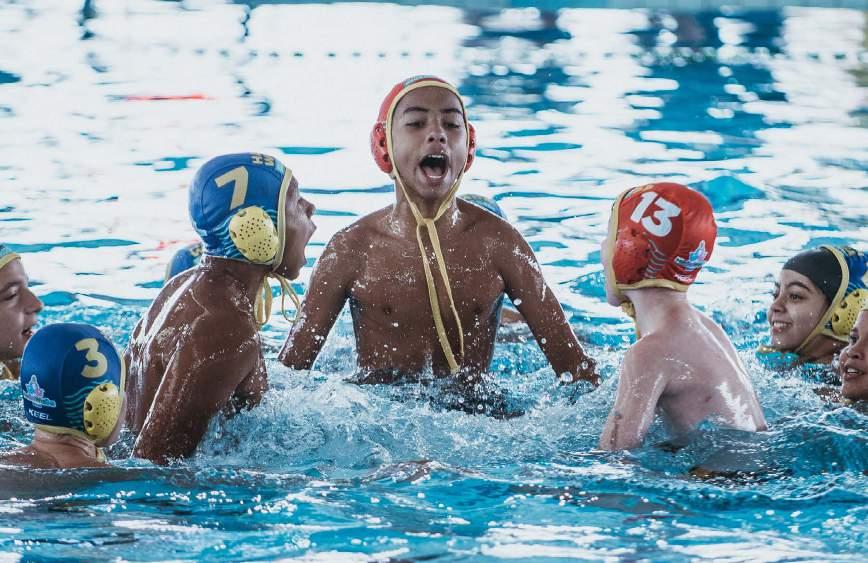
3) The combination of water and ball on this age group are the only possibility
4) The involvement of families creates spectators, enthusiasts and potential coaches.
5) The great enthusiasm and interest deriving from a joyful world event form a vehicle for sowing and promoting the sport which are far superior to any other initiative.
A transmissão dos valores mais nobres do esporte é um dos pilares do HaBaWaBa Brasil. E que valor mais importante pode haver do que o jogo limpo em uma competição esportiva? O respeito pelas regras, pelo adversário e pelos árbitros é a condição que permite jogar, participar de um evento global onde diferentes pessoas, tradições e culturas entram em contato.
No entanto, o fair play vai além do esporte, tornando-se um ensino ético, uma regra de vida. Por isso, todas as pessoas envolvidas nos eventos do HaBaWaBa - crianças, treinadores, dirigentes, pais ou fãs - são, portanto, obrigadas a respeitar este valor, dentro e fora da água.
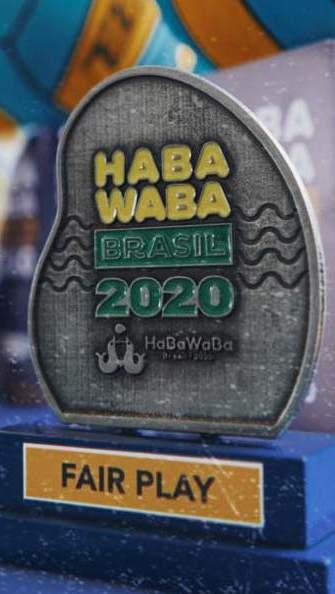
A fim de promover este princípio, a ABDA estabeleceu o troféu “HaBaWaBa Brasil Fair Play”, dado à equipe que, mais do que qualquer outra, durante o festival demonstra o comportamento que espelha esses os princípios inspiradores.
O objetivo é combater o mau comportamento e incentivar o comportamento positivo. Uma avaliação para cada equipe é feita no relatório da partida pelo secretário para as equipes em todas as partidas. Ao final do evento, é elaborado um ranking que considera todas as pontuações.
Para tornar esta classificação homogênea e para não penalizar as equipes que foram eliminadas, é considerada uma pontuação média, ou seja, o número de pontos ganhos dividido pelo número de partidas disputadas. Em caso de empate, durante a cerimônia de encerramento, imediatamente antes da premiação dos finalistas, será realizado um sorteio entre as equipes em igualdade de pontos para a atribuição do Troféu HaBaWaBa Fair Play.
The transmission of the noblest values of sport is one of the cornerstones of HaBaWaBa. And what more important value can there be than fair play within a sports competition? Respect for the rules, the opponent and the referees is the condition that allows you to play, to participate in a global event where different people, traditions and cultures come into contact.
However fair play goes beyond sport, becoming an ethical teaching, a rule of life. For this reason every person involved in the HaBaWaBa events - children, coaches, managers, parents or fans - is therefore obliged to respect this value, both in and out of the water.
In order to promote this principle, ABDA established the “HaBaWaBa Brazil Fair Play Trophy, given to the team that, more than any other, during the festival demonstrates the behavior that mirrors the inspiring principles.
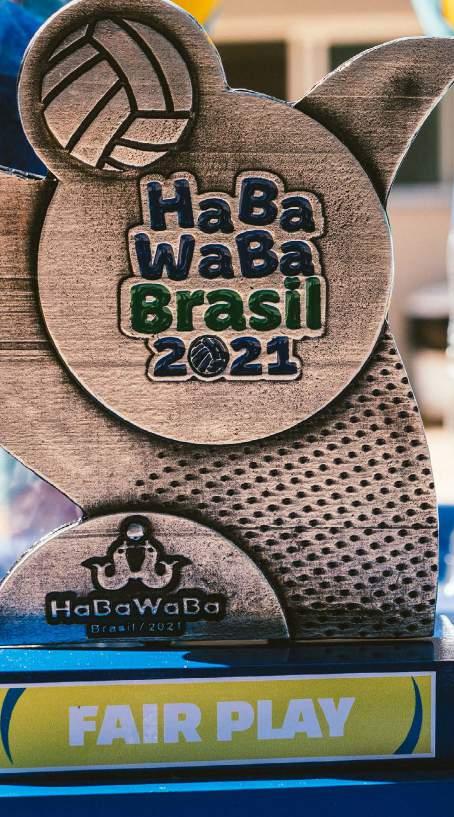
The purpose is to combat bad behavior and encourage positive behavior. An evaluation for each team is reported on the match report by the secretary for to all teams in all tournament matches. At the end of the event, a ranking is drawn up which takes into account all the scores assigned.
In order to make this classification homogeneous and in order not to penalize the teams that were eliminated, an average score is taken into account, i.e. the number of points earned divided by the number of matches played. In the event of a tie in the standings, during the closing ceremony, immediately before the awards of the finalists, a draw will be held between the teams on equal points for the allocation of the HaBaWaBa Fair Play Trophy.
Os valores saudáveis do esporte são as bases sobre as quais o HaBaWaBa Brasil é construído. O evento organizado pela Associação Bauruense de Desportes Aquáticos (ABDA) com apoio da Waterpolo Development (WPD) visa difundir a ética esportiva entre as crianças por meio da brincadeira e da convivência com outros jovens jogadores de todo o mundo.
Para contribuir com a formação ética dos protagonistas do HaBaWaBa, foi elaborado um verdadeiro Código de Ética do Festival, também denominado “Passaporte do Campeão”, traduzido e distribuído a todos os jovens participantes do evento.
Princípios do “Passaporte do Campeão”
1) LEALDADE em um desafio amigável.
2) RESPEITO pelo adversário que deve ser considerado apenas um amigo para jogar.
3) NÃO VIOLÊNCIA e respeito às regras.
4) IGUALDADE MORAL entre quem ganhou e quem participou com honra, porque aqui todos são recompensados.
5) REPÚDIO a todas as formas de racismo por meio da integração de diferentes grupos étnicos e culturas.
The healthy values of sport are the foundations on which the HaBaWaBa Brasil is built. The event organized by the Associação Bauruense de Desportes Aquáticos (ABDA) with support from Waterpolo Development (WPD) aims to spread sports ethics among children through play and living with other young players from all over the world.
To contribute to the ethical training of the protagonists of HaBaWaBa, a real Code of Ethics of the Festival was drafted, also called the “Champion Passport”, translated and distributed to all the young participants in the event.
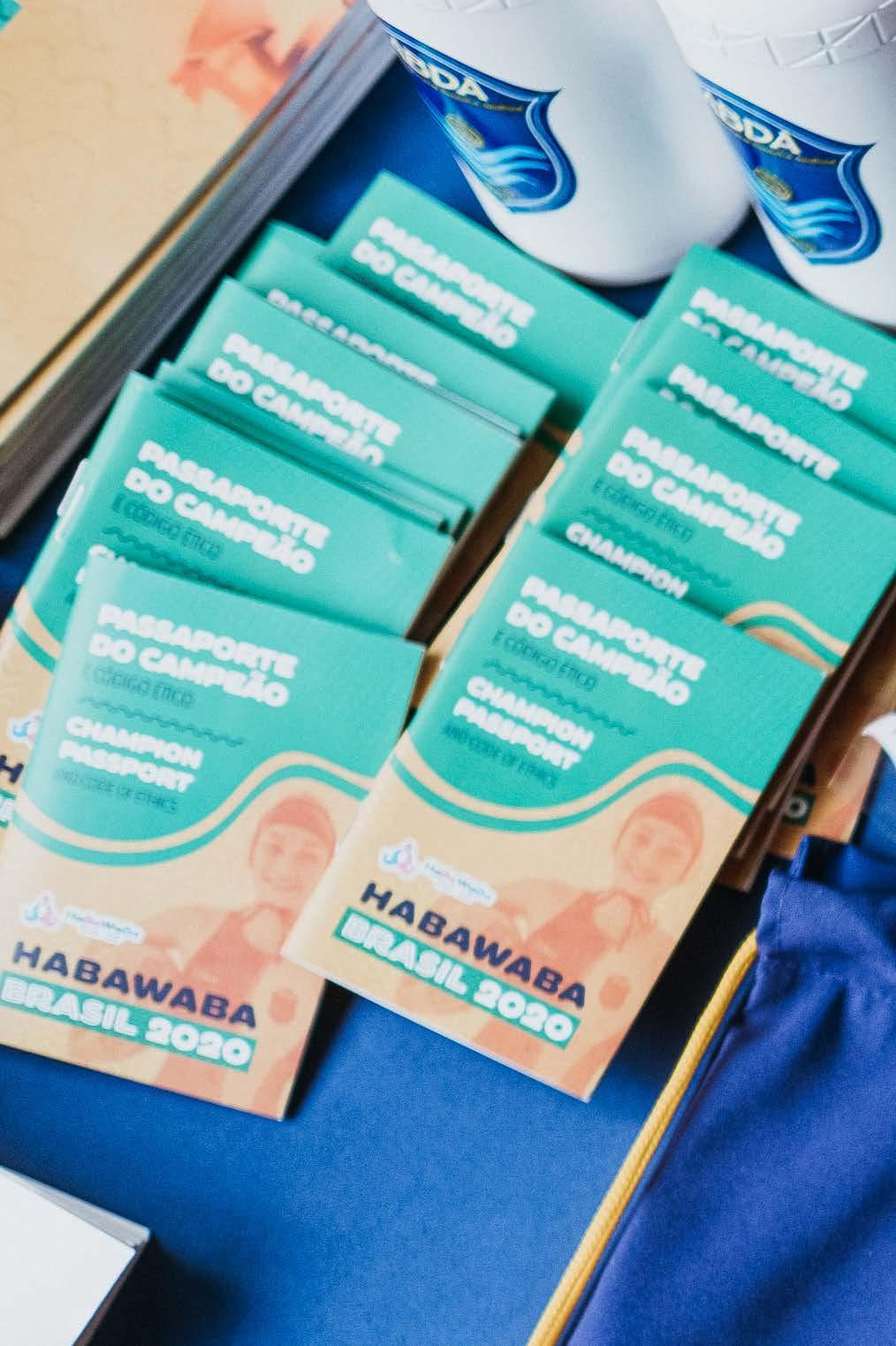
Principles of the “Passport of Champions”
1) LOYALTY in a friendly challenge.
2) RESPECT for the opponent who must only be regarded as a friend to play with.
3) NON-VIOLENCE and respect for the rules.
4) MORAL EQUALITY between those who won and those who participated with honor, because everyone is rewarded here.
5) REPUDIATION of all forms of racism through the integration of different ethnic groups and cultures.
O HaBaWaBa Brasil segue a filosofia dos demais festivais da marca pelo mundo: ensinar às crianças os verdadeiros valores éticos do esporte por meio de um torneio de polo aquático.
No festival realizado em Bauru, a socialização e o respeito pelos oponentes são primordiais e a competição amigável serve de encontro entre diferentes culturas.
A equipe de arbitragem é formada integralmente por voluntários. Entre eles, estão atletas maiores de 16 anos, técnicos e professores. Todos são treinados por um profissional de arbitragem da Federação Aquática Paulista, também voluntário, para conhecerem plenamente as regras.
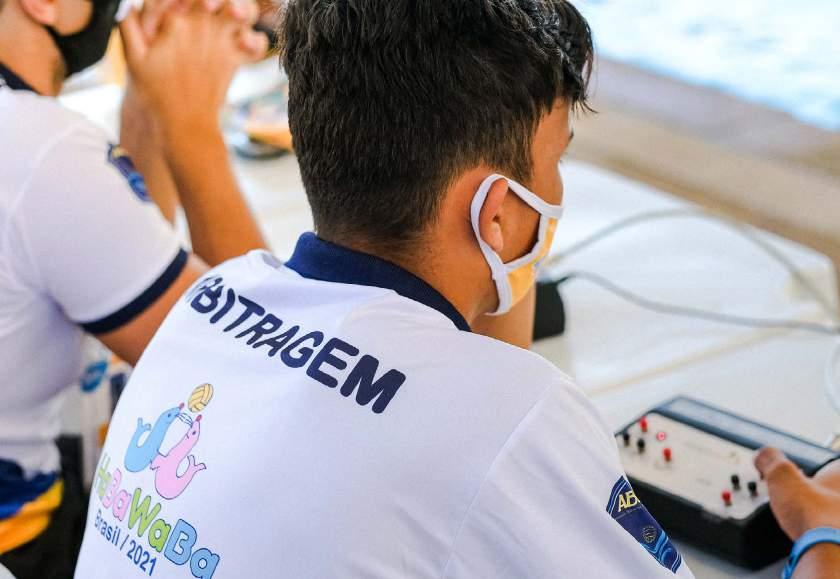
HaBaWaBa Brasil sticks to the philosophy of the other festivals of the brand around the world: to teach children the true ethical values of sports through a water polo tournament.
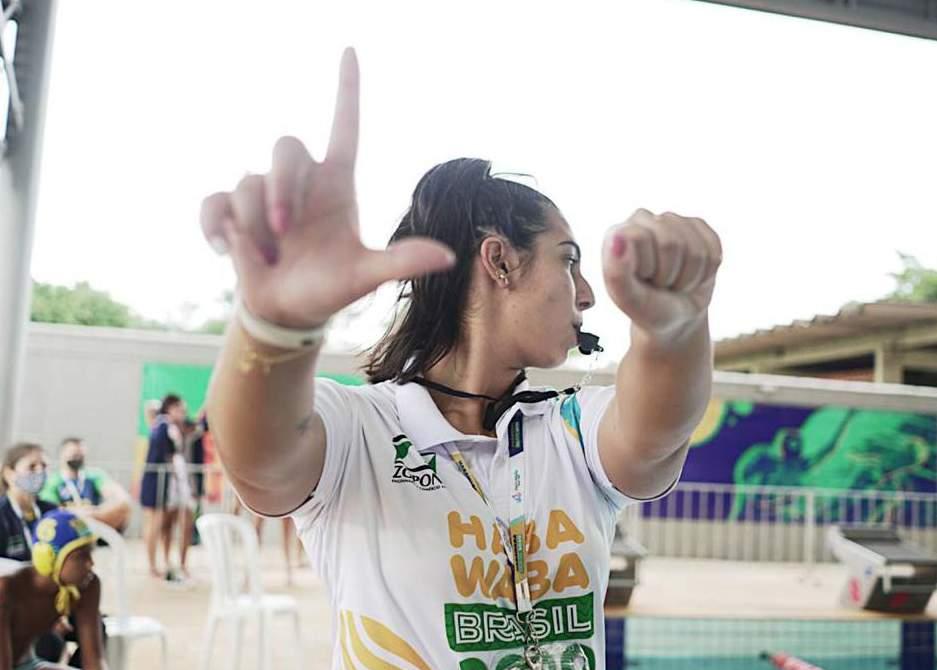
At the festival held in Bauru, socialization and respect for opponents are paramount and friendly competition serves as a meeting between different cultures.
The arbitration team consists entirely of volunteers. Among them are athletes over the age of 16, coaches and teachers. All of them are trained by an arbitration professional from the Federação Aquática Paulista, also a volunteer, to fully understand the rules.
A Arena ABDA, localizada na cidade de Bauru, Estado de São Paulo, onde é realizado o HaBaWaBa Brasil, é um dos maiores e melhores complexos desportivos da América Latina. Já sediou importantes campeonatos estaduais, nacionais e internacionais, entre eles um sul-americano.
Conta com duas piscinas olímpicas homologadas de 50 metros, arquibancadas com acessibilidade para deficientes, cabine de transmissão dos jogos, telão e toda tecnologia para jogos e eventos. A primeira piscina, coberta, foi inaugurada em 2016 e a obra completa, executada em três fases, foi entregue em 2018.
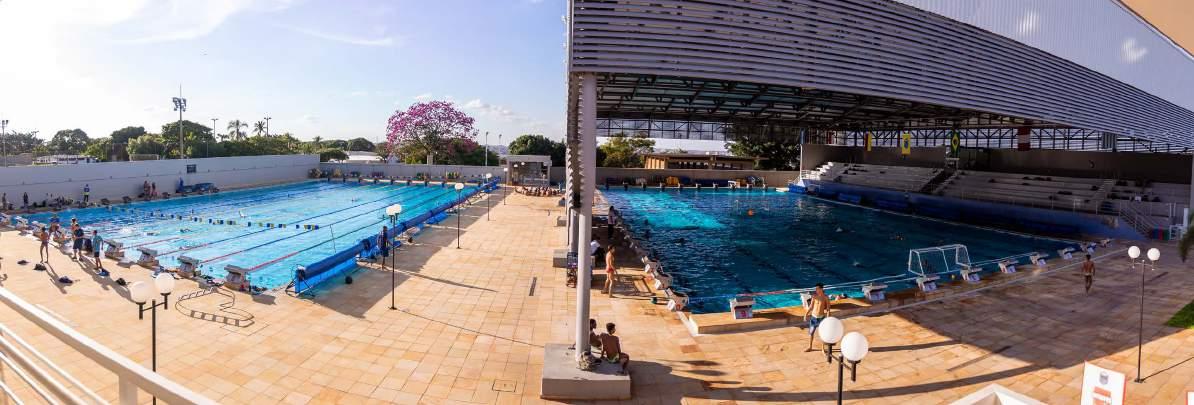

A Arena ABDA dispõe ainda de academias totalmente equipadas para esporte de alto rendimento, salas de treinamento, salas para equipe multidisciplinar (médica, nutricionista e fisioterapeuta), banheiros e vestiários totalmente equipados e adaptados para pessoas com deficiência (PCD), áreas para descanso e estudo.
The ABDA Arena, located in the city of Bauru, State of São Paulo, where HaBaWaBa Brazil will be held, is one of the largest and best sports complexes in Latin America. It has hosted important state, national and international championships, including a South American.
It has two certified Olympic pools of 50 meters, stands with accessibility for the disabled, broadcast booth for Games, stadium screen and all technology for games and events. The first swimming pool, covered, was opened in 2016 and the complete work, executed in three phases, was delivered in 2018.
Arena ABDA also has fully equipped gyms for high-performance sports, training rooms, rooms for multidisciplinary teams (medical, nutrition and physical therapy), bathrooms and changing rooms fully equipped and adapted for people with disabilities (PWD), areas for rest and study.
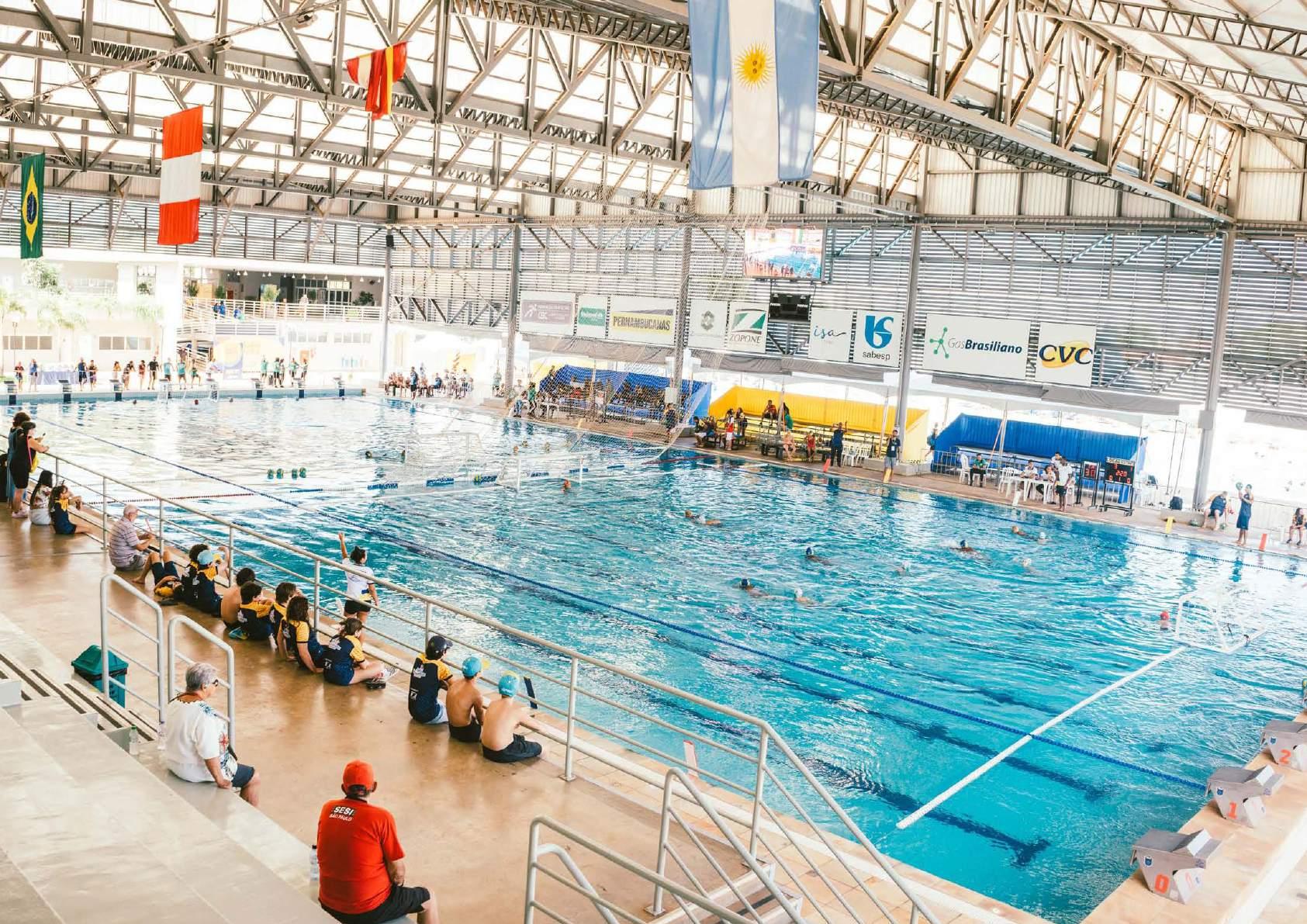
EVENT MAP
1 - Entrada da Arena - Área de food trucks
2 - Sanitários
3 - Clínicas para atletas
4 - Área para atletas
5 - Área para técnicos
6 - Lanchonete
7 - Lojas
8 - Rampa de acesso
9 - Sala de imprensa e TI
10 - Sala de reuniões
11 - Tendas de times
12 - Sala de staff
13 - Backdrop
14 - Sala de organização
15 - Sala de arbitragem
16 - Vestiário de atletas
17 - Área livre - quadra poliesportiva
18 - Restaurante
19 - Sala médica/socorrista
20 - Ambulância
1 - Arena Entrance - Food trucks area
2 - Toilets
3 - Clinics for athletes
4 - Area for athletes
5 - Area for technicians
6 - Cafeteria
7 - Stores
8 - Access ramp
9 - Press and IT room
10 - Meeting room
11 - Team Tents
12 - Staff room
13 - Backdrop
14 - Organization room
15 - Arbitration room
16 - Athletes’ dressing room
17 - Free area - multi-sport court
18 - Restaurant
19 - Medical/first aid room
20 - Ambulance




O HaBaWaBa Brasil chega a sua terceira edição contabilizando lembranças de momentos incríveis. Em 2020 e em 2021, mesmo diante das dificuldades impostas pela pandemia, o clima de alegria reinou no festival.
HaBaWaBa Brasil arrives at its third edition accounting for memories of incredible moments. In 2020 and 2021, even in the face of the difficulties imposed by the pandemic, the atmosphere of joy was king in the festival.
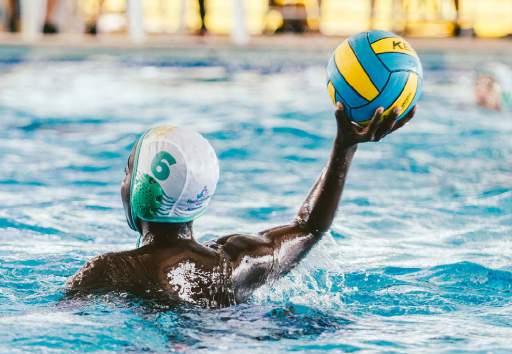
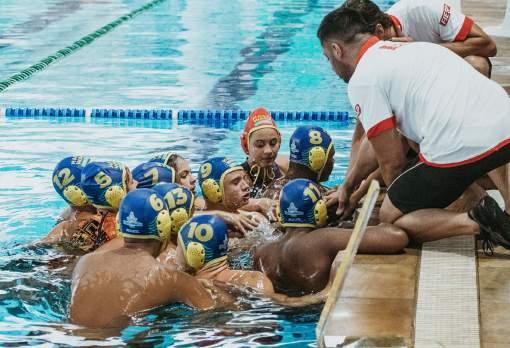
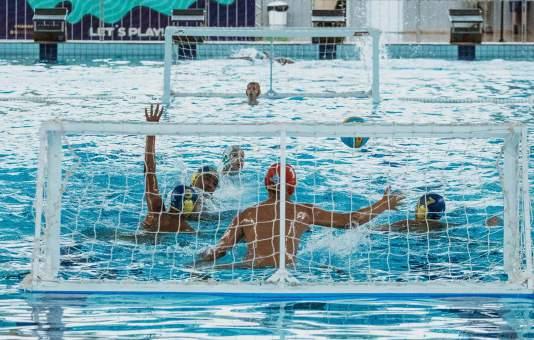
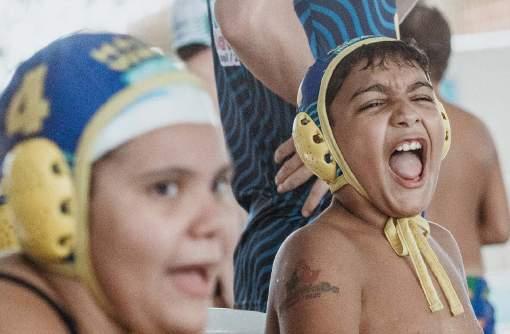
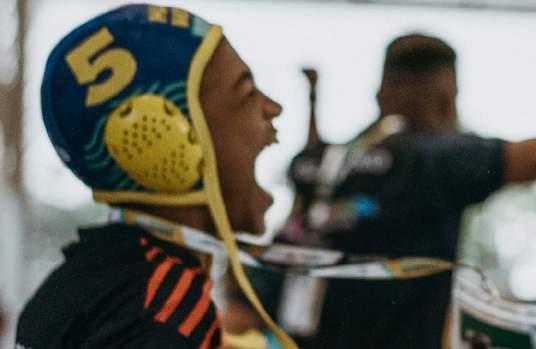
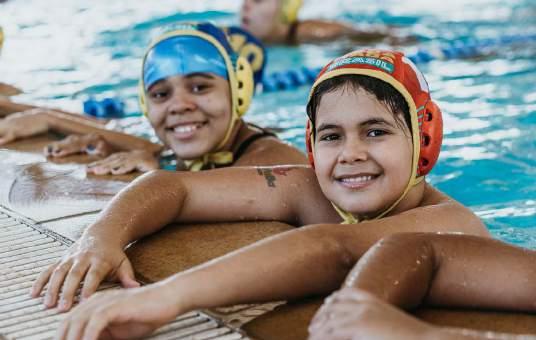
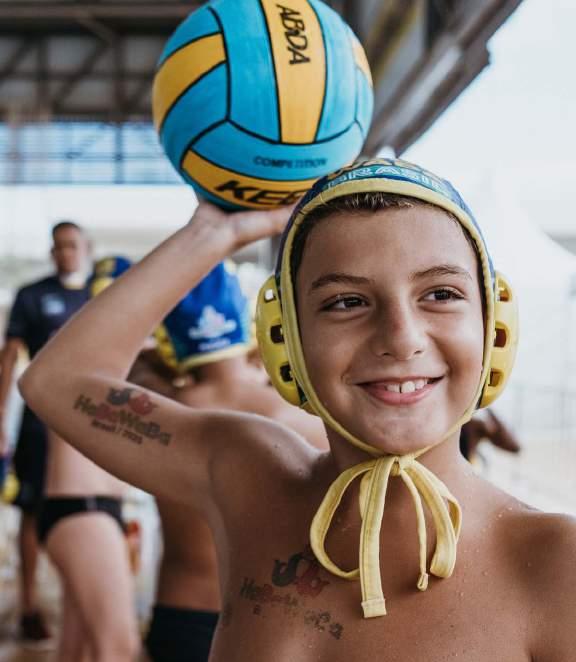
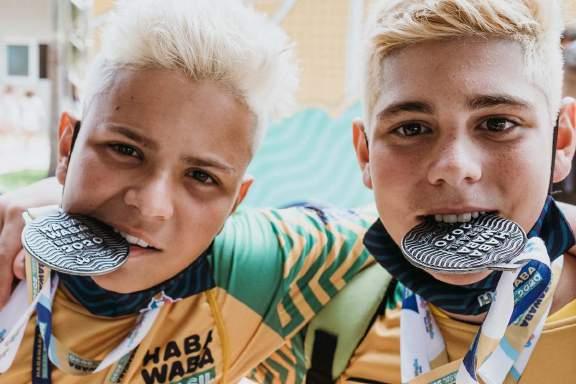
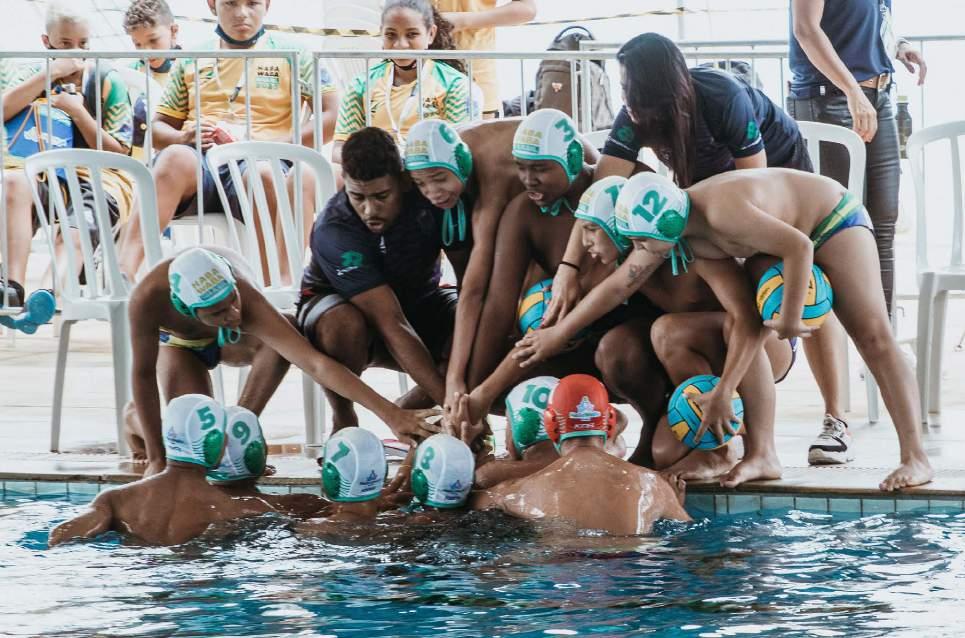
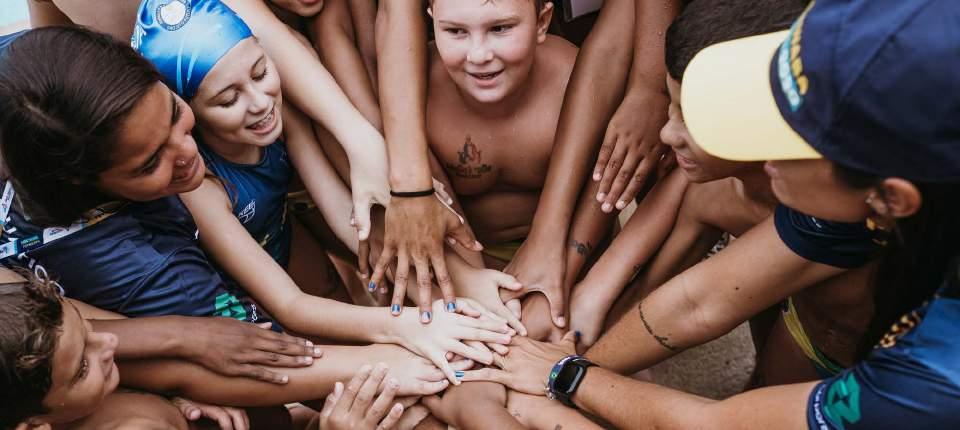
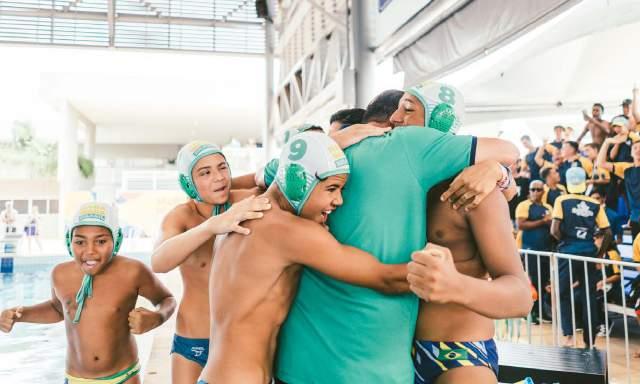
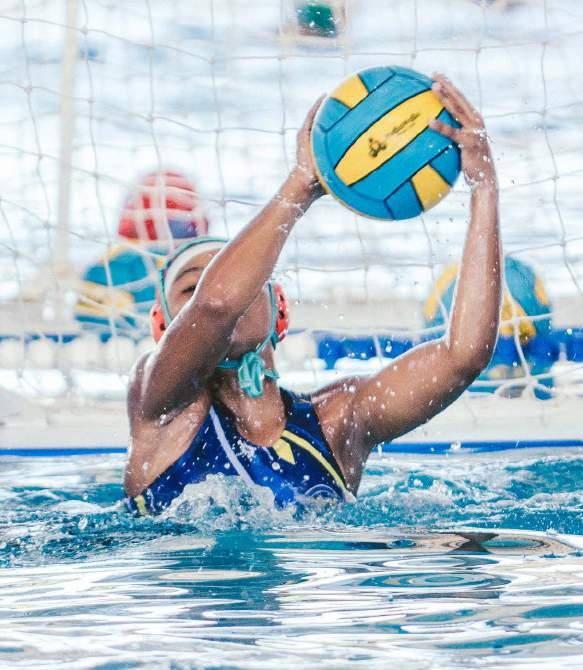
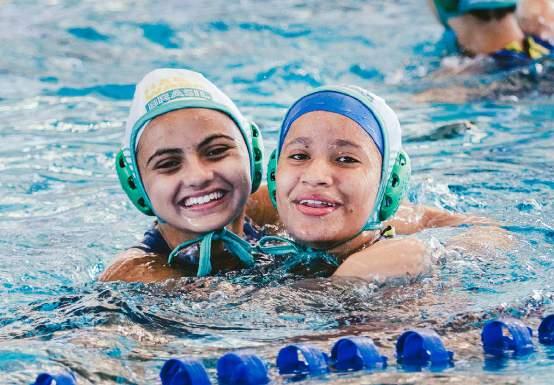
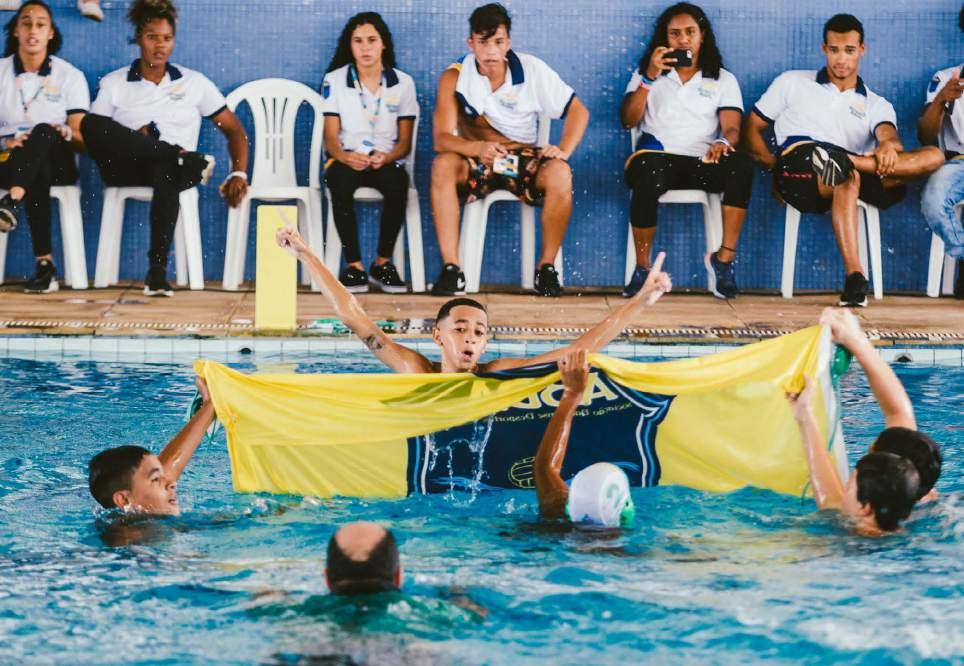
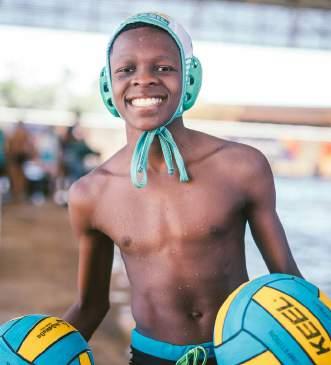
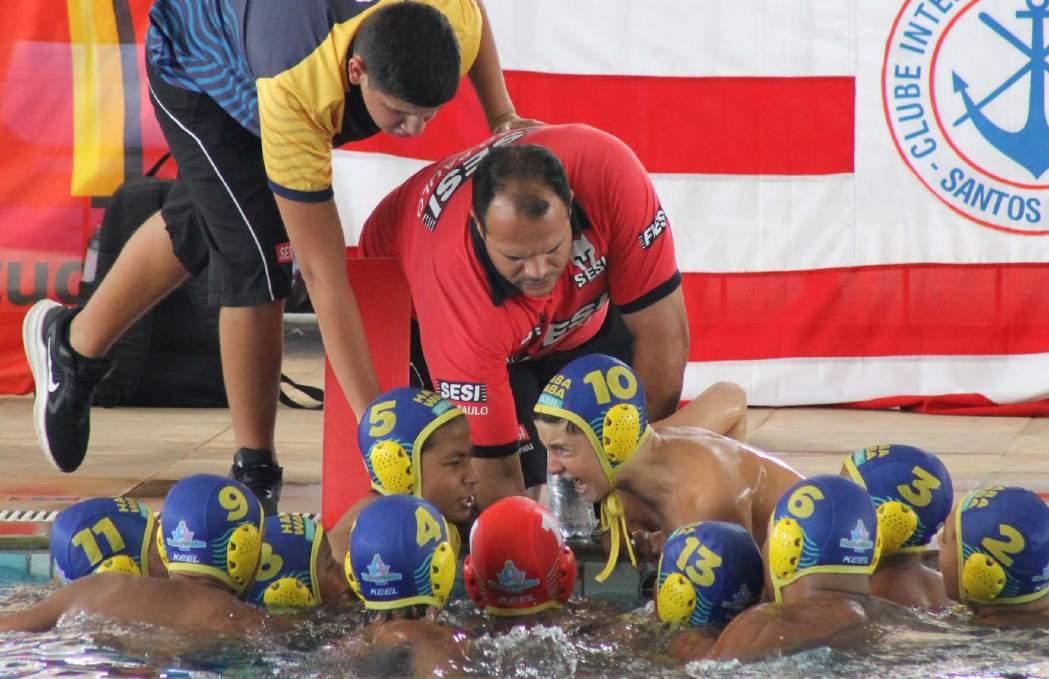
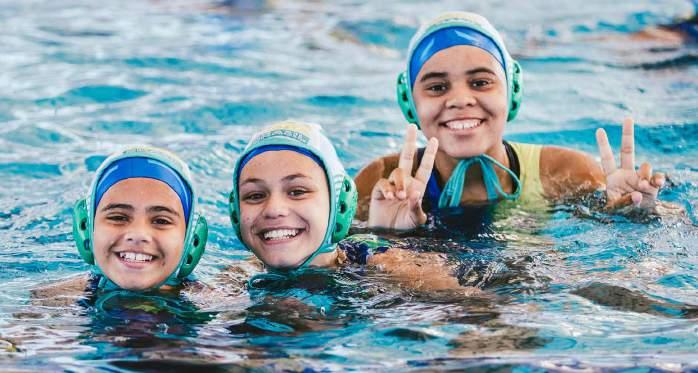
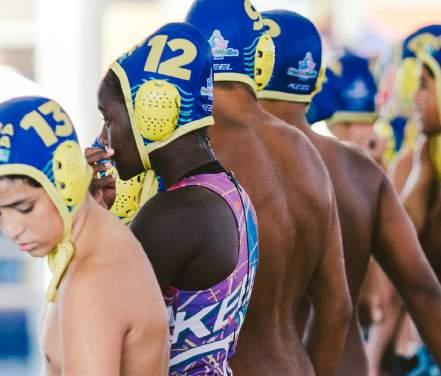
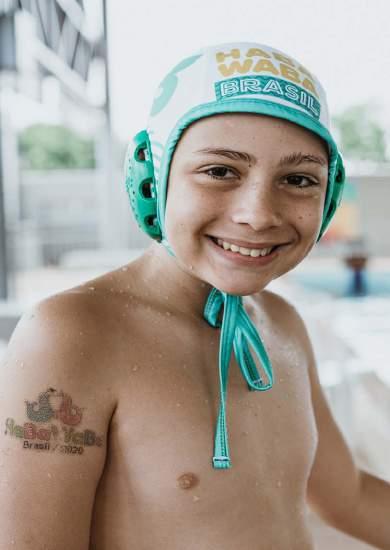
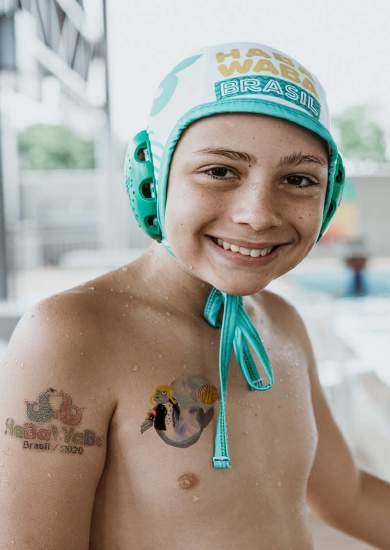
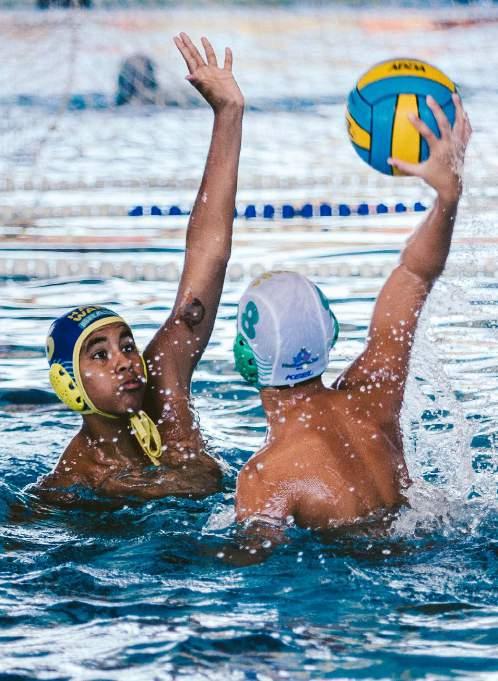
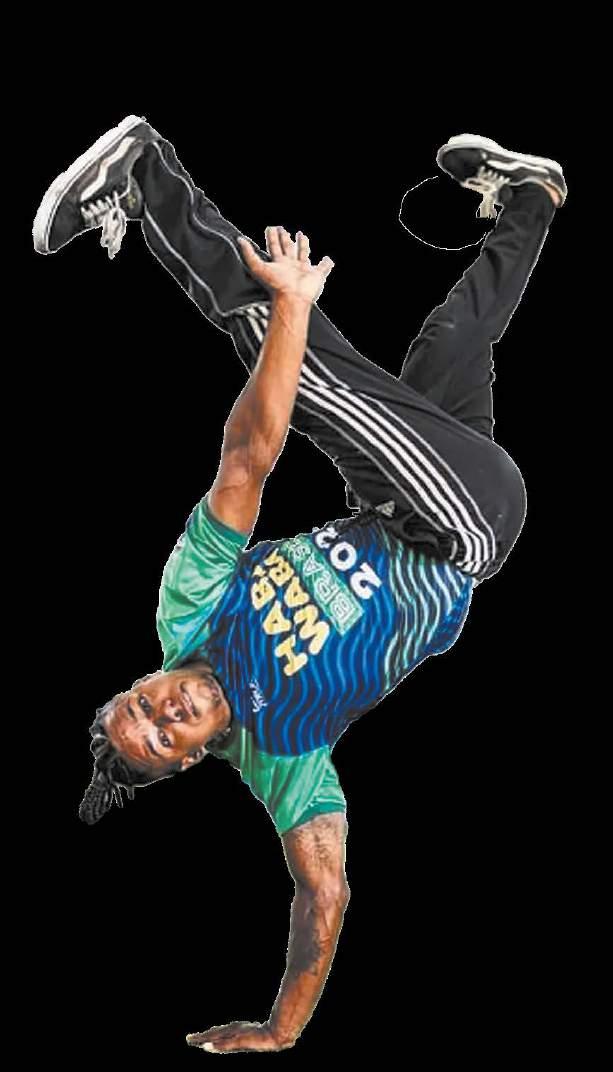
No HaBaWaBa Brasil, além dos jogos de polo aquático, os atletas também têm oportunidade de participarem de outras vivências em clínicas com atividades diversas. Os técnicos também podem aprimorar seu conhecimento nos workshops oferecidos.
In HaBaWaBa Brasil, in addition to the water polo games, athletes also have the opportunity to par ticipate in other experiences in clinics with various activities. Coaches can also improve their knowledge in the workshops offered.
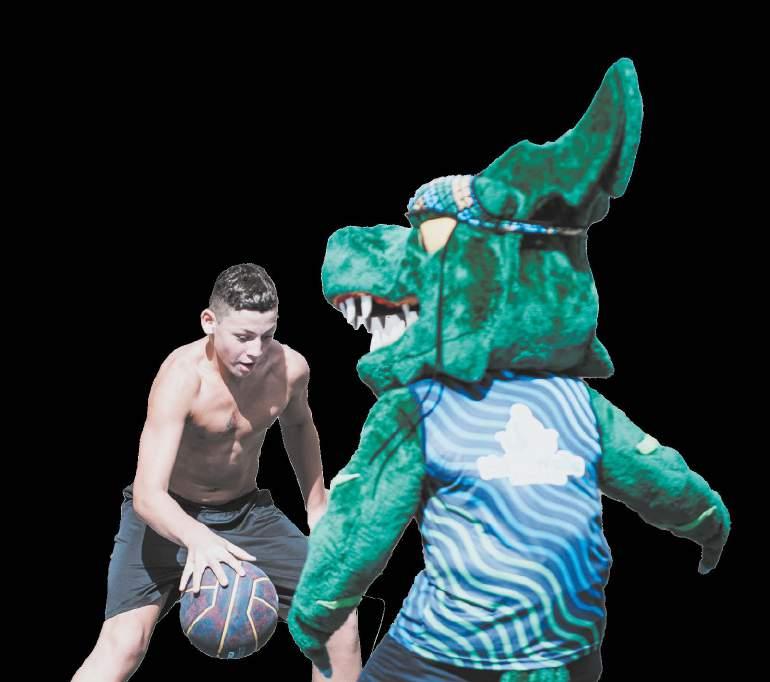
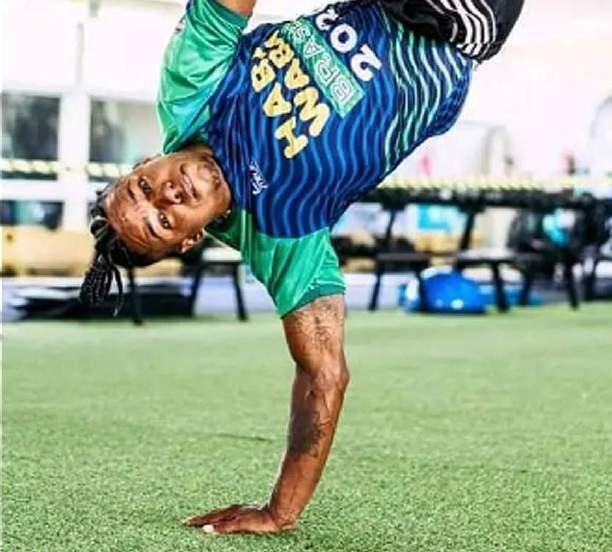
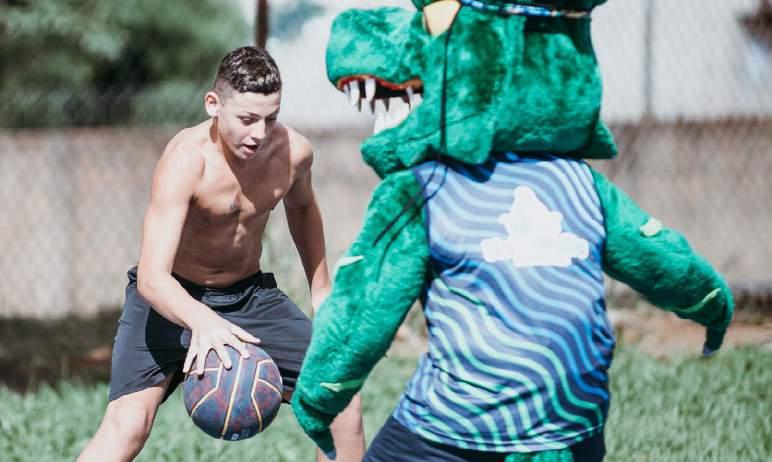
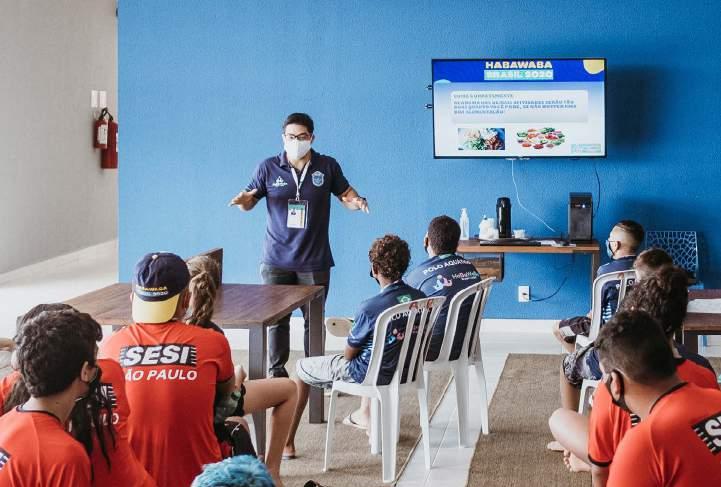
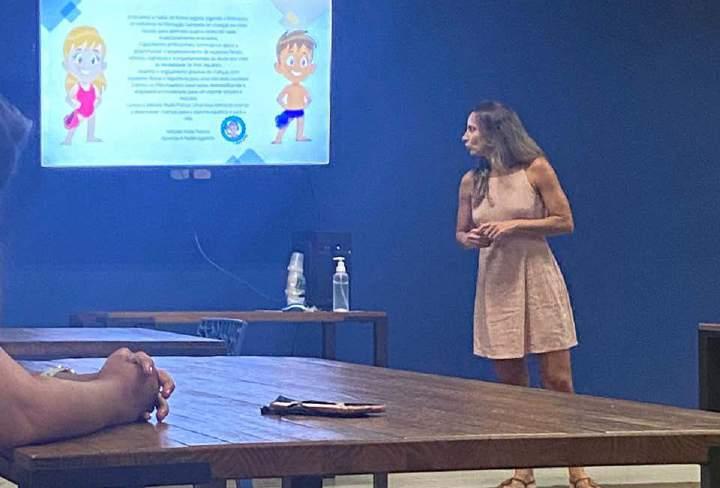
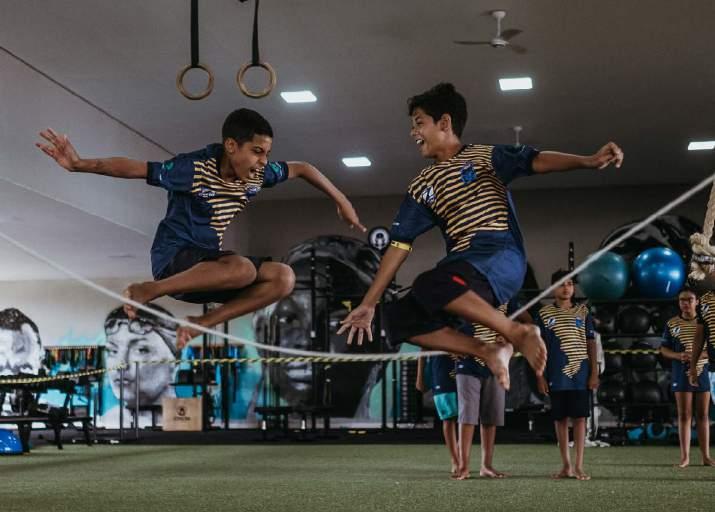
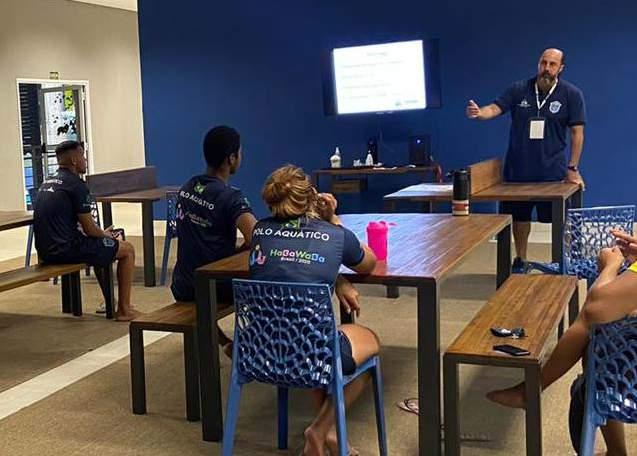
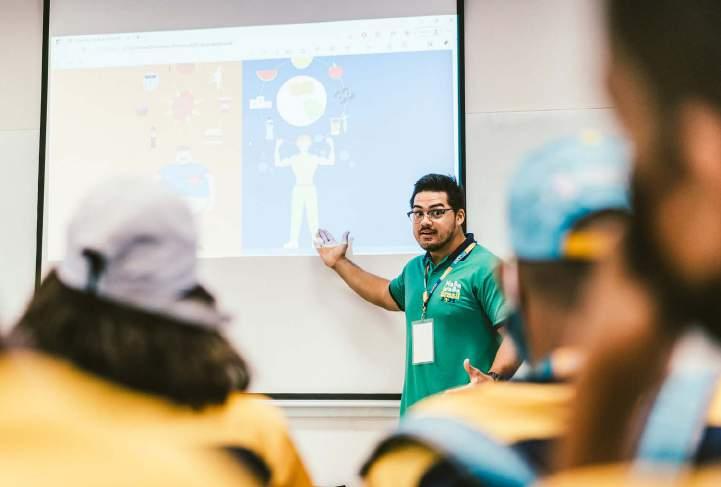
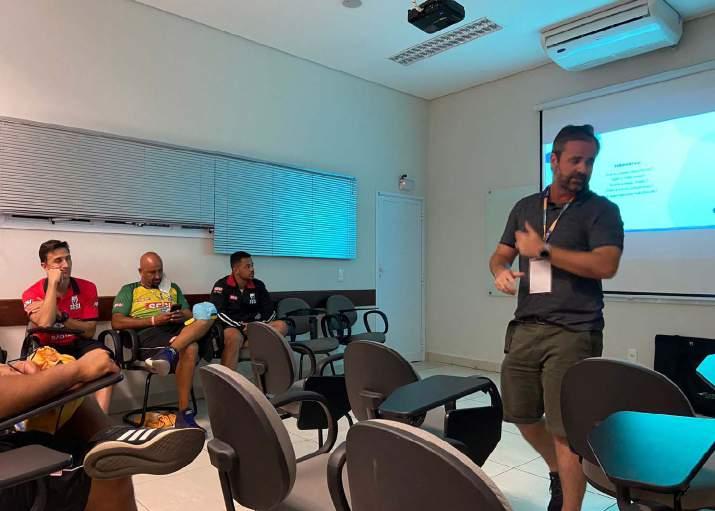
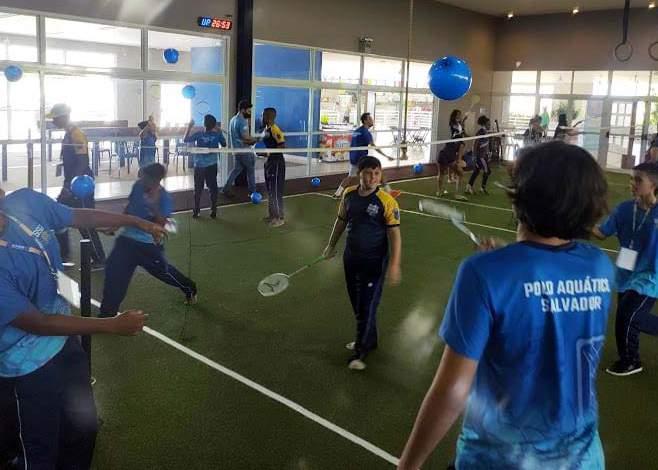
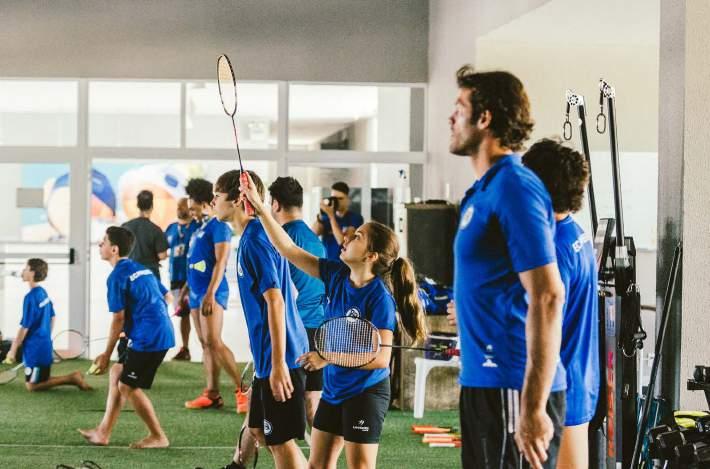
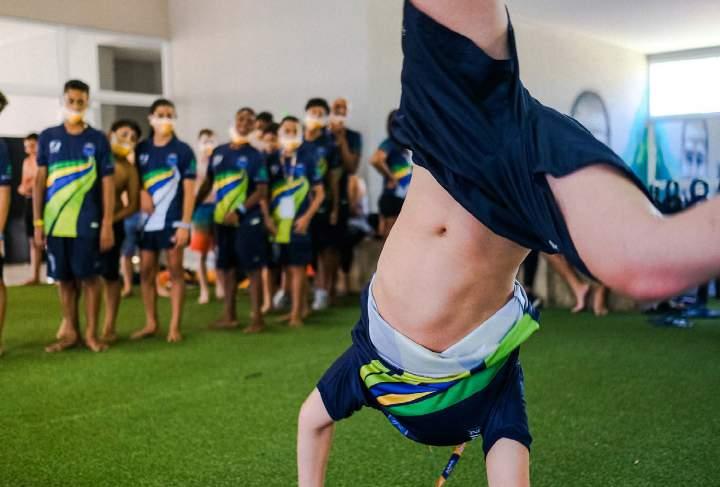
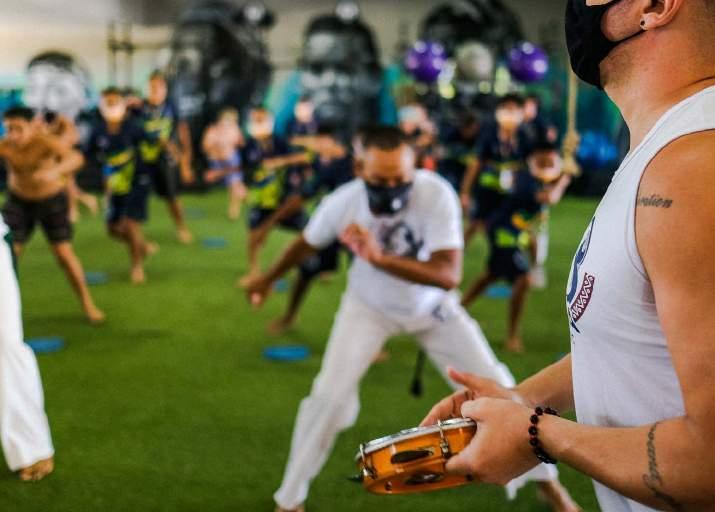
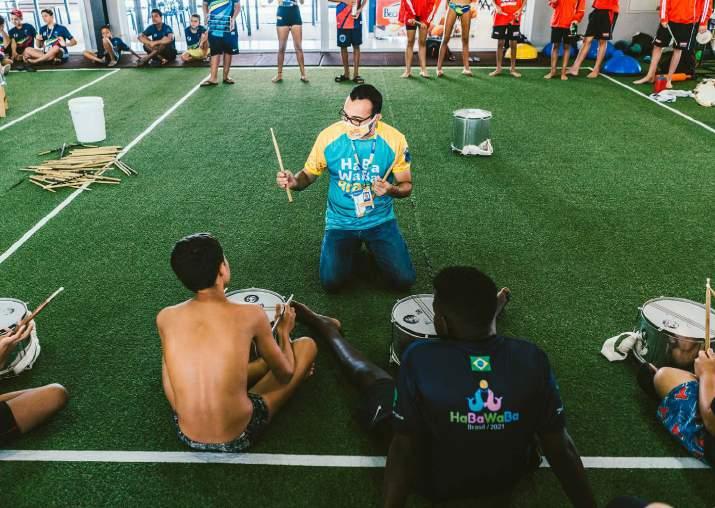
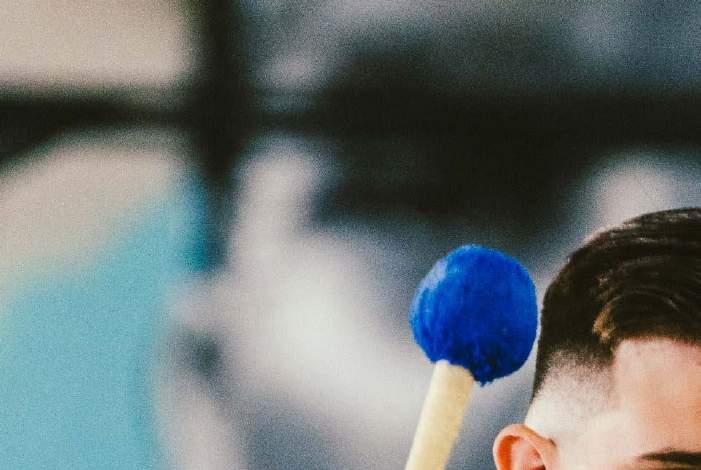
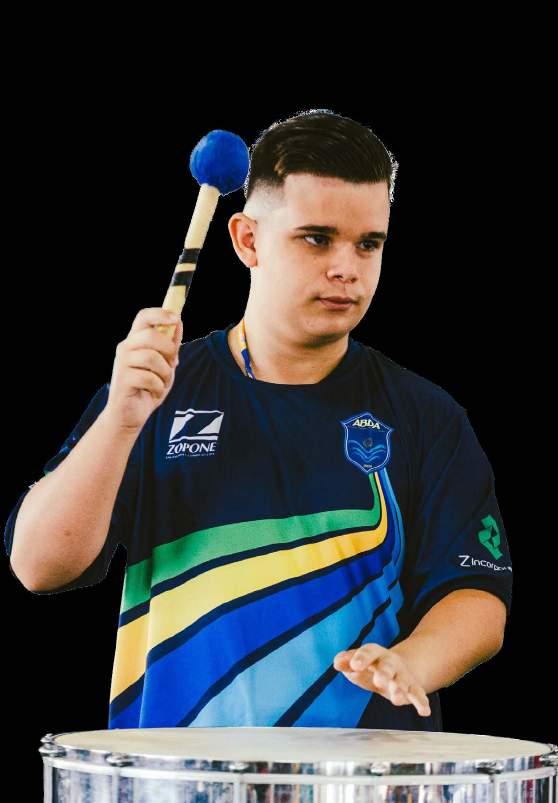 2021 Capoeira
2021 Capoeira
2021 Percussão/ Percussion
2021 Percussão/ Percussion
2021 Capoeira
2021 Capoeira
2021 Percussão/ Percussion
2021 Percussão/ Percussion
7 DE DEZEMBRO
14:00 Curso Arbitragem do Evento – Aberto para técnicos
14:00 ÀS 20:00 Entrega do Kit Boas-Vindas/Tour pela Arena
19:30 Reunião Boas-Vindas/Técnica (Obrigatório 1 Representante Por Equipe)
8 DE DEZEMBRO
8:00 CERIMÔNIA DE ABERTURA
9:00 ÀS 19:30 JOGOS
9:30 CLÍNICA DE PERCUSSÃO – Agendamento
10:30 CLÍNICA DE NUTRIÇÃO – Agendamento
11:00 ÀS 14:30 ALMOÇO
14:30 CLÍNICA DE PERCUSSÃO – Agendamento
16:00 CLÍNICA DE NUTRIÇÃO – Agendamento
20:00 WORKSHOP PARA TÉCNICOS – FISIOLOGIA - GABRIEL BRISOLA
16:30 CONVERSA COM MADRINHA DO EVENTO CRIS PINCIROLI
17:00 CLÍNICA DE FISIOTERAPIA - Agendamento
20:00 WORKSHOP PARA TÉCNICOS – PSICÓLOGAS
10 DE DEZEMBRO
9:00 ÀS 19:00 JOGOS
10:30 CLÍNICA DE JUMP DANCE – Agendamento
11:00 ÀS 14:30 ALMOÇO
15:00 CLÍNICA DE JUMP DANCE – Agendamento
16:30 CONVERSA COM CAMPEÃO OLÍMPICO ATTILA SUDAR
19:30 WORKSHOP PARA TÉCNICOS - CRIS PINCIROLI
11 DE DEZEMBRO
9:00 ÀS 13:00 JOGOS DAS FINAIS
13:00 CERIMÔNIA DE ENCERRAMENTO E PREMIAÇÃO
9 DE DEZEMBRO
9:00 ÀS 19:30 JOGOS
9:30 CLÍNICA DE ATLETISMO - Agendamento
10:30 CLÍNICA DE FISIOTERAPIA – Agendamento
11:00 ÀS 14:30 ALMOÇO
15:00 CLÍNICA DE ATLETISMO – Agendamento
AGENDAMENTOS - CLÍNICAS/THERMAS/ÔNIBUS
JÚLIA MONTEIRO 14 99822-7784
DECEMBER 7TH
14:00 ARBITRATION COURSE FOR THE EVENT - Open for coaches
14:00 TO 20:00 DELIVERY OF THE WELCOME KIT / ARENA TOUR
19:30 WELCOME MEETING / COACHES MEETING (1 representative required per team)
16:30 CONVERSATION WITH EVENT’S SPONSOR – CRIS PINCIROLI
17:00 PHYSICAL THERAPY CLINIC - Schedule
20:00 WORKSHOP FOR COACHES- PSYCHOLOGISTS
DECEMBER 10TH
9:00 TO 19:00 MATCHES
DECEMBER 8TH
8:00 OPENING CEREMONY
9:00 TO 19:30 MATCHES
9:30 PERCUSSION CLINIC - Schedule
10:30 NUTRITION CLINIC - Schedule
11:00 TO 14:30 LUNCH
14:30 PERCUSSION CLINIC - Schedule
16:00 NUTRITION CLINIC - Schedule
20:00 WORKSHOP FOR COACHES - PHYSIOLOGY -GABRIEL BRISOLA
10:30 JUMP DANCE CLINIC – Schedule
11:00 TO 14:30 LUNCH
15:00 JUMP DANCE CLINIC – Schedule
16:30 CONVERSATION WITH OLYMPIC CHAMPION – ATTILA SUDAR
19:30 WORKSHOP FOR COACHES – CRIS PINCIROLI
DECEMBER 11TH
9:00 TO 13:00 FINAL MATCHES
13:00 CLOSING AND AWARD CEREMONY
DECEMBER 9TH
9:00 TO 19:30 MATCHES
9:30 SPORT OF ATHLETICS CLINIC - Schedule
10:30 PHYSICAL THERAPY CLINIC - Schedule
11:00 TO 14:30 LUNCH
15:00 SPORT OF ATHLETICS CLINIC - Schedule
APPOINTMENTS - CLINICS / THERMAS / BUSES
JÚLIA MONTEIRO 14 99822-7784
A ABDA tem uma parceria com o Novo Thermas de Piratininga para garantir momentos de diversão às equipes. O complexo turístico vizinho à cidade de Bauru, sede do torneio, fica a menos de 10 quilômetros da Arena ABDA e é referência na região quando o assunto é lazer.
Possui 13 piscinas, entre águas frias e termais, dentro de um amplo espaço com 16.886 m² de área construída e 24.200 m² de praia artificial, além de dois toboáguas e piscinas com cascatas. Há também quadras poliesportivas, campos de grama, areia, playground, recreações, tiro ao alvo, banho de espuma, Big Balde entre outras atrações. Tudo isso em meio a uma área de natureza, muito tranquila, com árvores e flores.
O Novo Thermas oferece uma infraestrutura gastronômica com dois restaurantes, lanchonetes, pipocaria, creperia, churros e sorveteria.
ABDA has partnered with the Novo Thermas de Piratininga to ensure fun moments for teams. The tourist complex next to the city of Bauru, host of the tournament, is less than 10 kilometers from ABDA Arena and is a reference in the region when the subject is leisure.
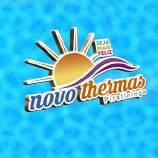
It has 13 swimming pools, with both cold and hot waters, within a large 16,886 m2 space of built area and 24,200 m2 of artificial beach, in addition to two water slides and pools with waterfalls. The site also has sports courts, grass and sand courts, playground, recreations, target shooting, foam bath, “Big Balde” and other attractions. All of this in the middle of very quiet green area, with trees and flowers.
The Novo Thermas offers a gastronomic infrastructure with two restaurants, snack bars, popcorn stand, creperie, churros stand and ice cream parlour.
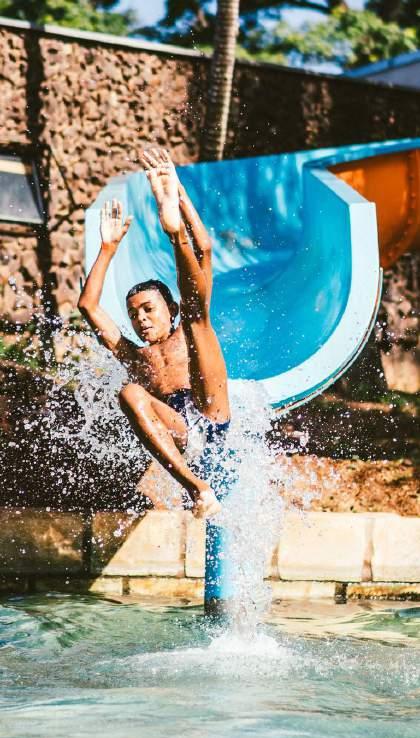
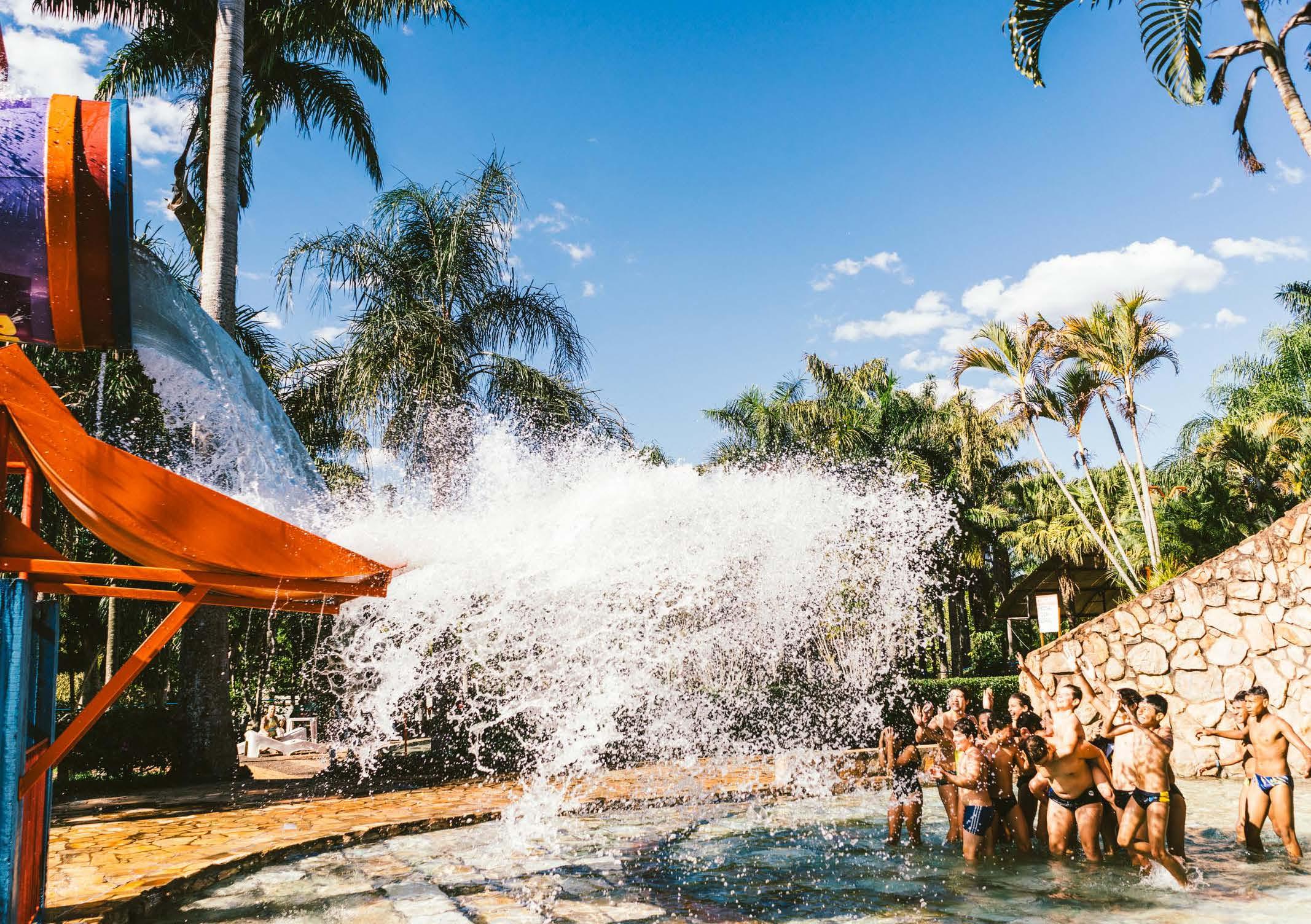
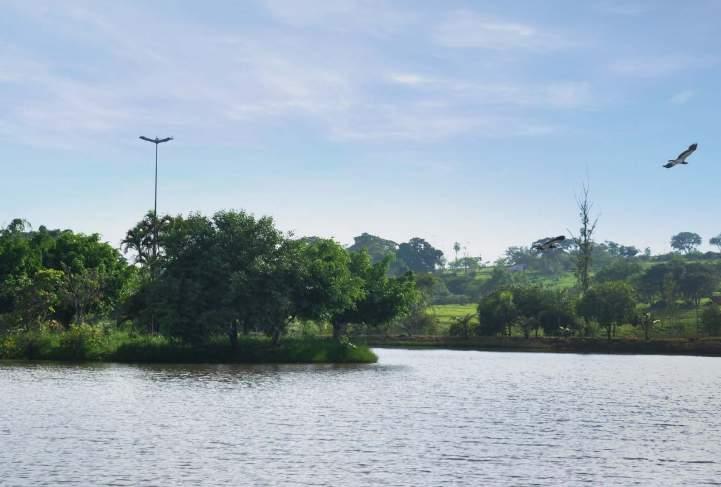
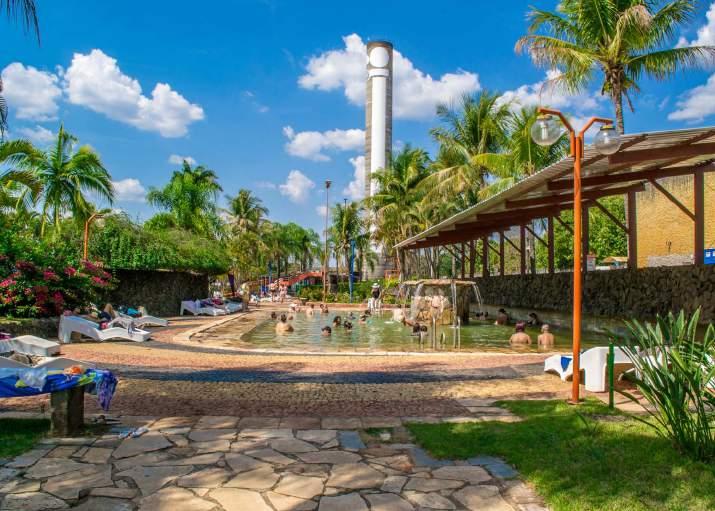
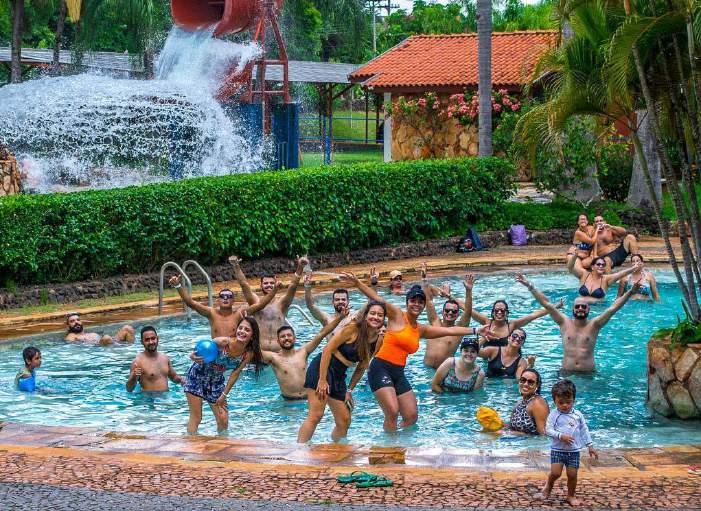
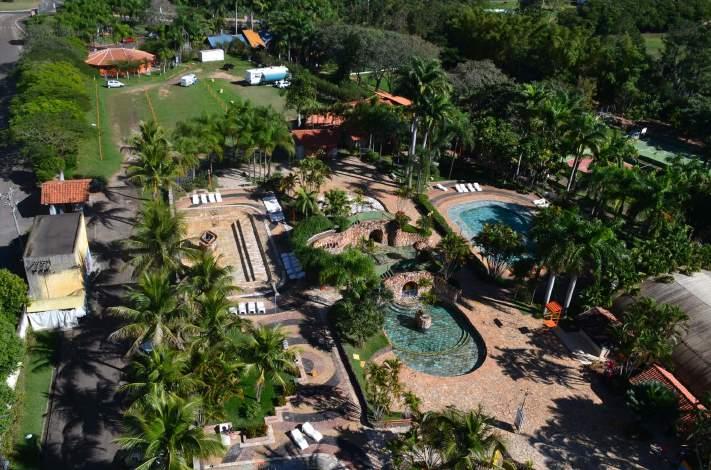
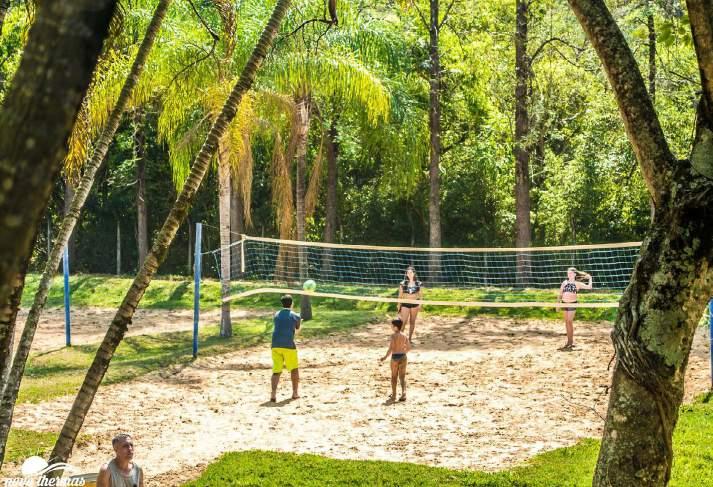
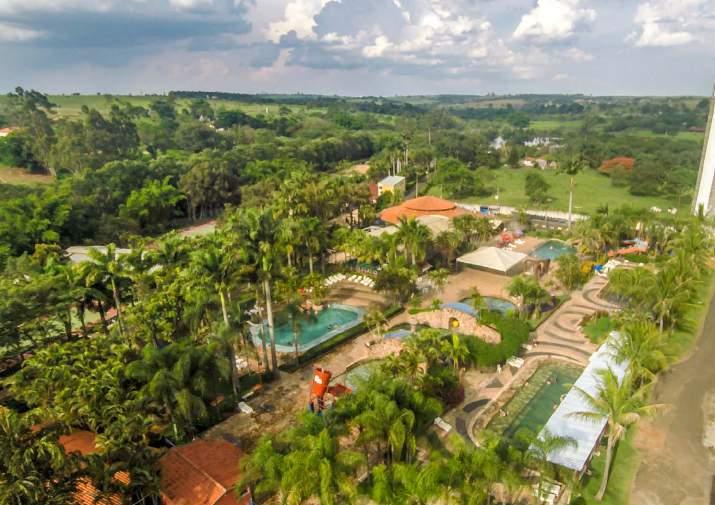
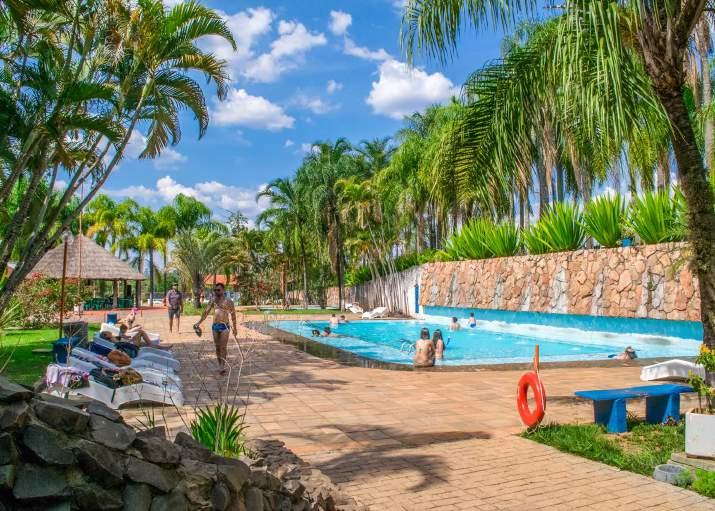

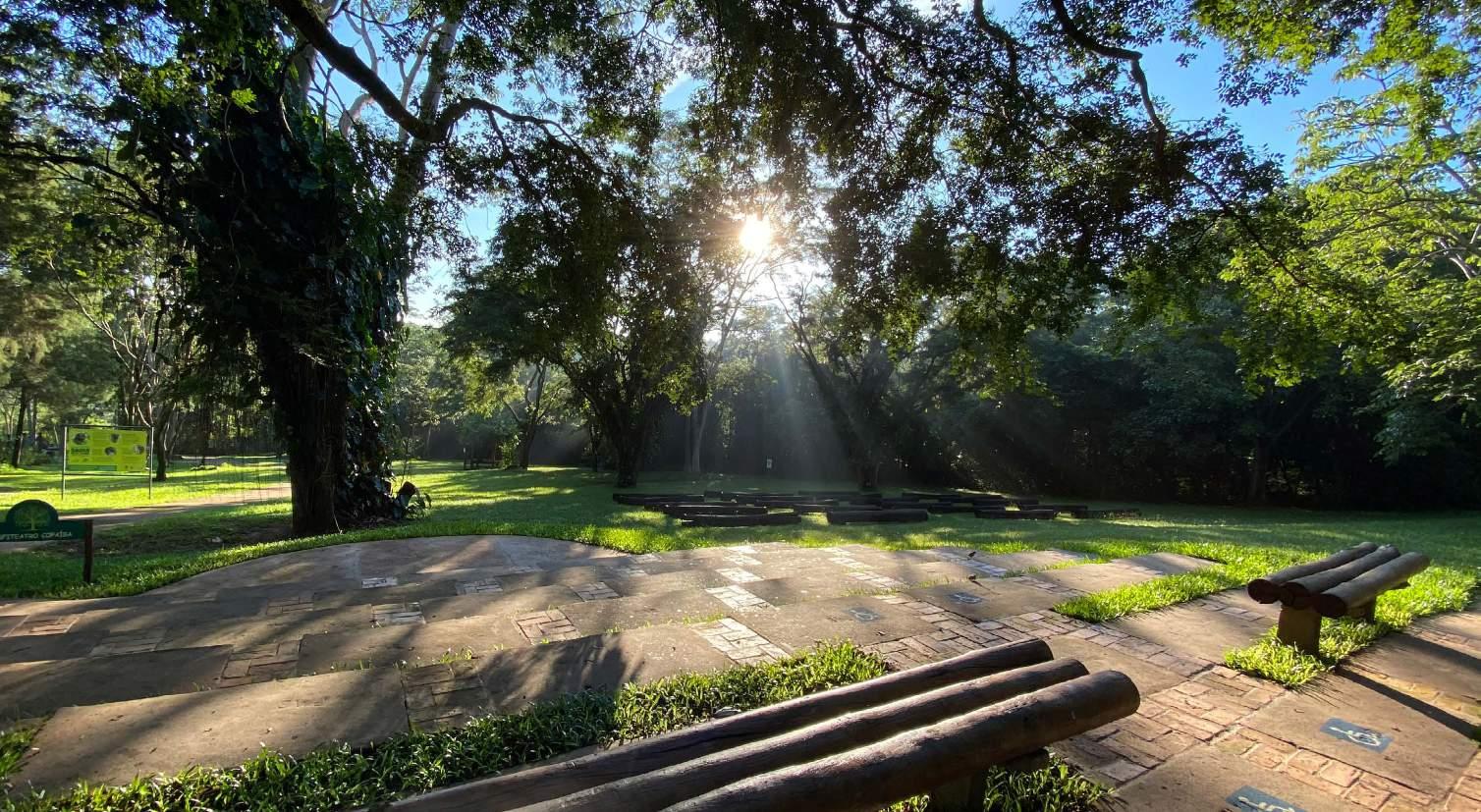
Bauru é um município brasileiro do interior do Estado de São Paulo, distante cerca de 320 quilômetros da capital paulista. A população da cidade é estimada em aproximadamente 375 mil habitantes. O clima de Bauru é o tropical de altitude. A cidade possui vários atrativos turísticos, entre eles estão:
Bauru is a Brazilian municipality in the interior of the state of São Paulo, about 320 kilometers away from the capital of São Paulo. The population of the city is estimated at approximately 375 thousand inhabitants.
Bauru has a high-altitude tropical climate. The city has several tourist attractions, among them are:
JARDIM BOTÂNICO – possui mirante para apreciação de vasta
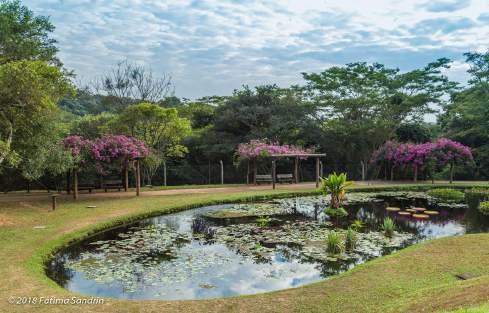
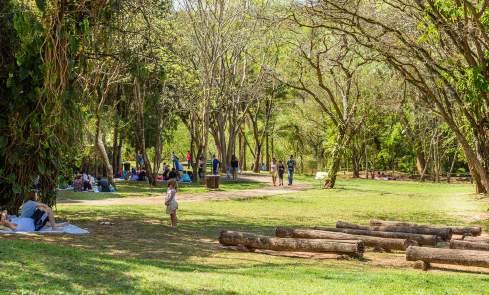
área de cerrado, mata nativa da região
Rodovia Comandante João Ribeiro de Barros (SP 225), km 232
Aberto das 8h às 16h
Telefone: (14) 3281-3358
BOTANICAL GARDEN - it has a viewpoint to appreciate the vast area of cerrado, native forest of the region
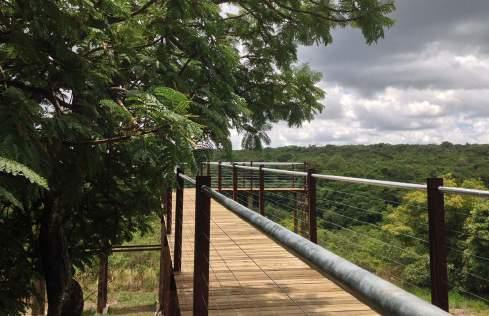
Highway Comandante João Ribeiro de Barros (SP 225), km 232
Open from 8am to 4pm
Telephone: (14) 3281-3358
ZOOLÓGICO MUNICIPAL - 880 animais e belíssima área verde
Rodovia Comandante João Ribeiro de Barros (SP 225), km 232
Aberto de segunda a sexta-feira das 8h às 16h e aos sábados e domingos das 8h às 17h
Telefone: (14) 3203-5229
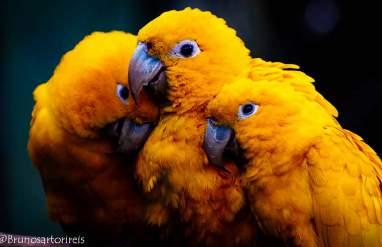
MUNICIPAL ZOO - 880 animals and beautiful green area
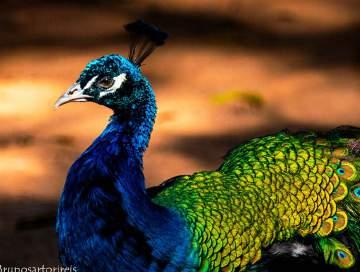
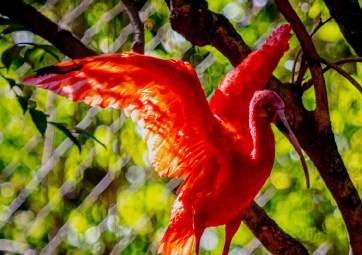
Highway Comandante João Ribeiro de Barros (SP 225), km 232
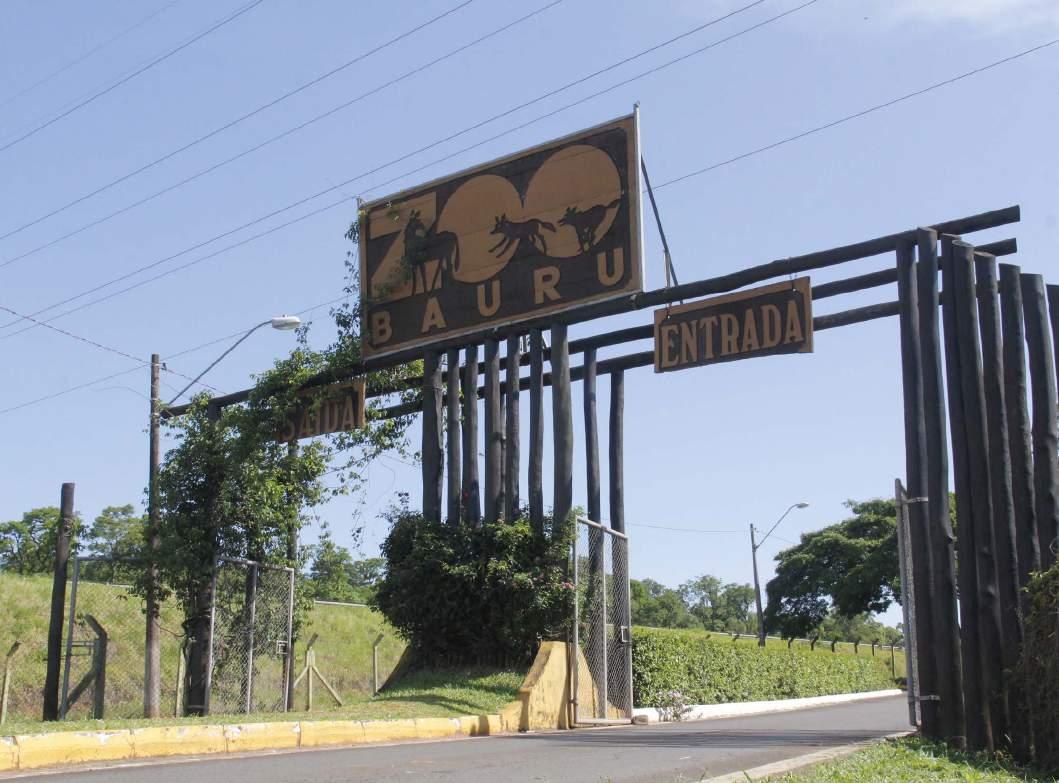
Open Monday to Friday from 8am to 4pm and Saturdays and Sundays from 8am to 5pm
Telephone: (14) 3203-5229
BOSQUE DA COMUNIDADE - pista de caminhada em meio a área verde
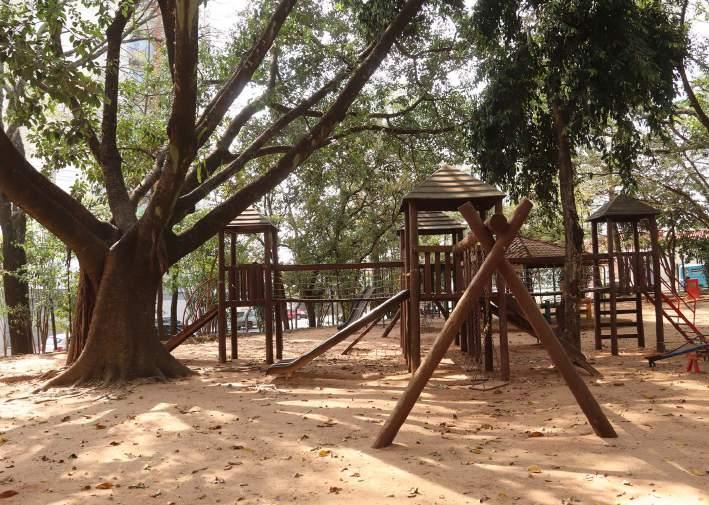
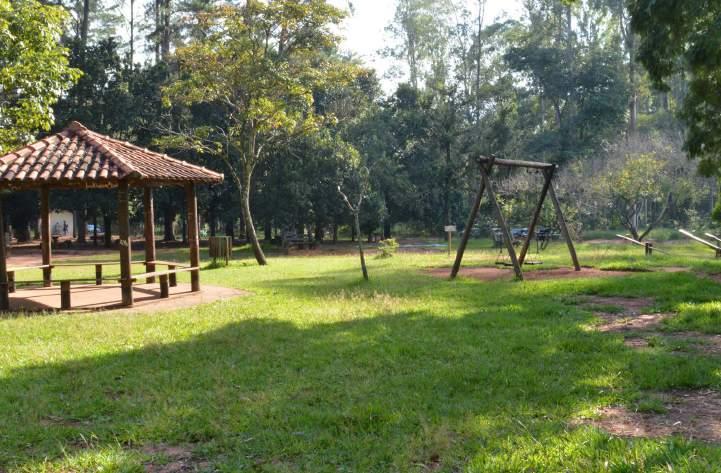
Rua Araújo Leite, quadra 29 - Vila Universitária
Aberto de segunda a domingo, das 6h às 17h30 e aos sábados e domingos das 7h às 17h30
BOSQUE DA COMUNIDADE - hiking trail in the middle of a green area
Rua Araújo Leite, quadra 29 - Vila Universitária
Open Monday to Friday from 6am to 5.30 pm and Saturday and Sunday from 7am to 5.30 pm
HORTO FLORESTAL - área ambiental protegida, com espaço para atividades físicas, contemplação da natureza e ensaios fotográficos
Av. Rodrigues Alves, 38-25 - Vila Cardia
Aberto das 7h às 17h
Telefone: (14) 3281-2885
HORTO FLORESTAL - protected environmental area, with space for physical activities, contemplation of nature and photographic essays
Av. Rodrigues Alves, 38-25-Vila Cardia
Open from 7am to 5pm
Telephone: (14) 3281-2885
O campeão olímpico húngaro Attila Sudár veio a Bauru para ficar por dois anos como técnico da ABDA, mas não conseguiu mais ir embora. “Treinamento na ABDA é como na seleção da Hungria.” No currículo de Attila Sudár, constam 1º lugar na Olímpiada de Montreal (1976), 3º lugar na Olímpiada de Moscou (1980), dois campeonatos europeus, dois vice-campeonatos mundiais, seis títulos de campeão na Hungria e dois títulos de campeão na Itália, além de diversos títulos no Brasil.
O atleta jogou até os 44 anos na Hungria. De início, não pensava em ser treinador, pois amava estar dentro da piscina. Mas acabou por um período conciliando as vidas de jogador e treinador, atuando na Hungria, Itália e França. Uma cirurgia de hérnia de disco, porém, tirou o jogador da piscina.
Desde 2012, Attila é técnico de polo aquático da ABDA e trouxe o “jeito húngaro” de jogar para os atletas de Bauru. Para o húngaro, o mais importante é a união do time, onde um estimula e apoia o outro. “Se o time está unido, tudo é diferente. Não ficar lamentando erros, mas procurar apoiar um ao outro. A vitória é consequência.”
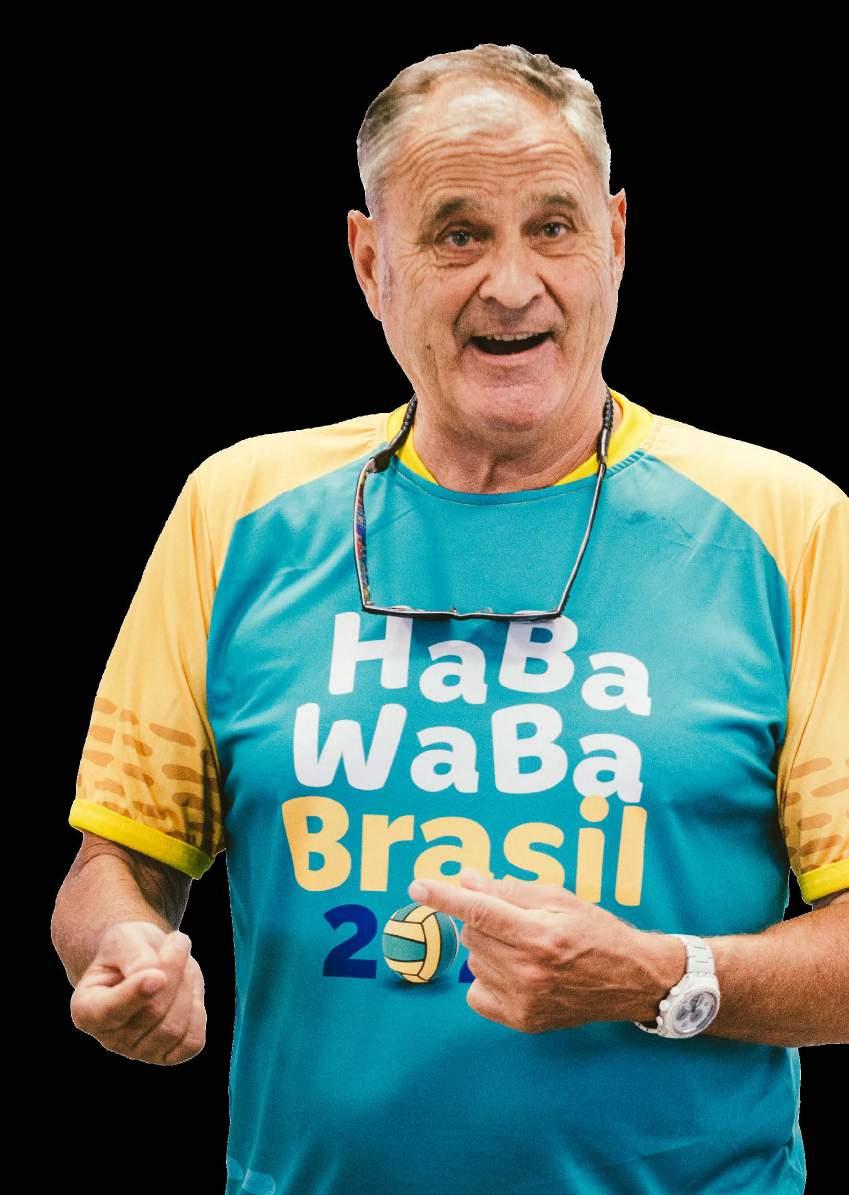
Se o time está unido, tudo é diferente. If the team is united, everything is different
The Hungarian Olympic champion Attila Sudár came to Bauru to stay for two years as coach for ABDA, but he wasn’t able to leave anymore. “Training at ABDA is like in the Hungary national team.” Attila Sudár’s résumé includes 1st place in the Montreal Olympics (1976), 3rd place in the Moscow Olympics (1980), two European Championships, two times World runner-up, six Champion titles in Hungary and Two champion titles in Italy, as well as several titles in Brazil.
The athlete played until the age of 44 in Hungary. At first, he didn’t think about being a coach, because he loved being in the pool. But he ended up for a period reconciling the lives of player and coach, acting in Hungary, Italy and France. A herniated disc surgery, however, took the player out of the pool.
Since 2012, Attila has been ABDA’s water polo coach and has brought the”Hungarian way” of playing to the Bauru athletes. The Hungarian says the most important thing is the unity of the team, where one stimulates and supports the other. “If the team is united, everything is different. Do not lament mistakes, but seek to support each other. . Victory is a consequence.”
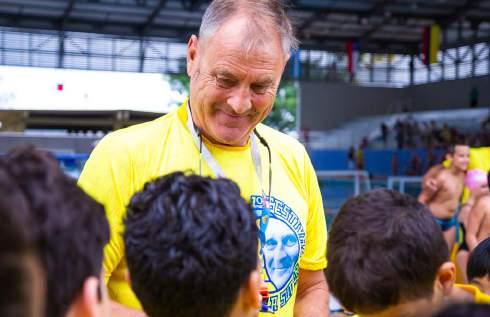
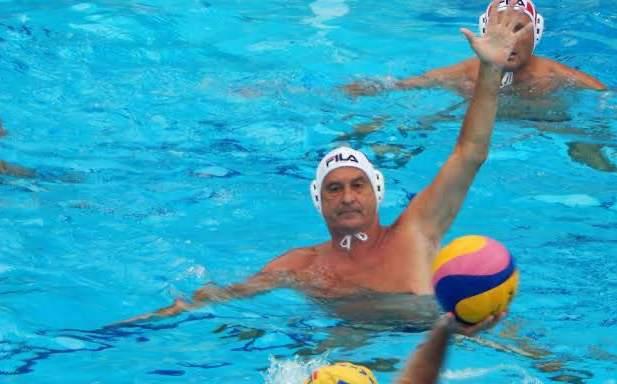
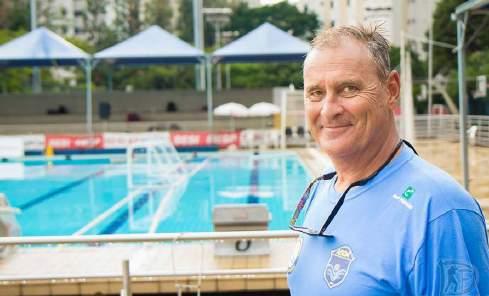
1976 - campeão olímpico pela Hungria (Montreal)
1980 - bronze nas Olímpiadas pela Hungria (Moscou)
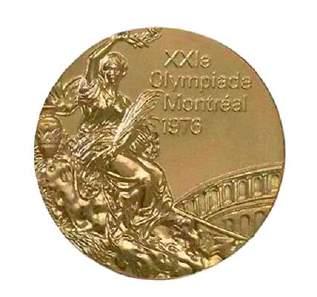
2 vezes campeão europeu
2 vezes vice-campeão mundial pela Hungria
6 vezes campeão nacional na Hungria
2 vezes campeão nacional na Itália
1976 - Olympic champion for Hungary (Montreal)
1980 - bronze at the Olympics by Hungary (Moscow)
2 times European champion
2 times world runner-up by Hungary
6 Timetts national champion in Hungary
2 Times national champion in Italy
Como técnico da ABDA desde 2012:
4 vezes campeão brasileiro
2 vezes vice-campeão brasileiro
3 vezes campeão paulista
2 vezes vice-campeão paulista
As ABDA coach since 2012:
4 times Brazilian champion
2 times Brazilian runner-up
3 times São Paulo champion
2 times São Paulo runner-up
Cristiana Pinciroli é a filha mais velha de Pedro Pinciroli Junior, exjogador de polo aquático que competiu pela seleção brasileira nas Olimpíadas de 1964 (Tóquio) e 1968 (Cidade do México) e de Olga Pinciroli, primeira Diretora do Polo Aquático Feminino no Brasil, que e teve um papel essencial na introdução e desenvolvimento da modalidade no Brasil
Além da carreira esportiva, durante 25 anos, Cris Pinciroli foi executiva do banco Itaú-Unibanco, trabalhando, principalmente, em áreas e projetos relacionados a desenvolvimento humano e relação com o cliente. Fundou uma empresa de mentoria, treinamento e palestras voltada a ajudar pessoas a desenvolverem seu potencial e atingirem performance e felicidade não apenas no esporte, mas também em suas carreiras e vida pessoal.
“Desde criança fui incentivada a praticar esportes por inspiração e, nunca por imposição.” Aos 16 anos, compôs a primeira seleção brasileira feminina de polo aquático. Foi a pioneira da modalidade. Em seguida, se tornou capitã da seleção brasileira por 15 anos e jogou profissionalmente por 4 anos em times Italianos – Roma e Catania -, pelos quais conquistou o campeonato nacional e a Copa dos Campeões. Cristiana e Janaina Parra Grossi (uma das organizadoras do HaBaWaBa Brasil) compartilharam desafios juntas na arena internacional e essa amizade e respeito perduram por uma vida.
Em 1998, na Austrália, após participar de seu terceiro campeonato mundial, foi eleita uma das sete melhores jogadoras do mundo, integrando o All-Star Team e foi vice-artilheira do campeonato. Em 1999, aos 27 anos, foi medalha de bronze nos jogos Pan-Americanos de Winnipeg, Canadá, cidade onde o time de seu pai havia conquistado a medalha de prata para o Brasil 32 anos antes, em 1967.
Durante os jogos Olímpicos de Tóquio (2021), publicou o livro “Esporte, um palco para a vida” escrito por ela e seu pai que, além de suas próprias histórias de sucesso, reúne contribuições de atletas e treinadores de renome mundial, importantes acadêmicos, médicos e psicólogos que compartilham fatos inspiradores e proporcionam evidências científicas sobre como podemos transformar nossos comportamentos para criar hábitos positivos e ampliar nosso potencial em uma vida de realizações.
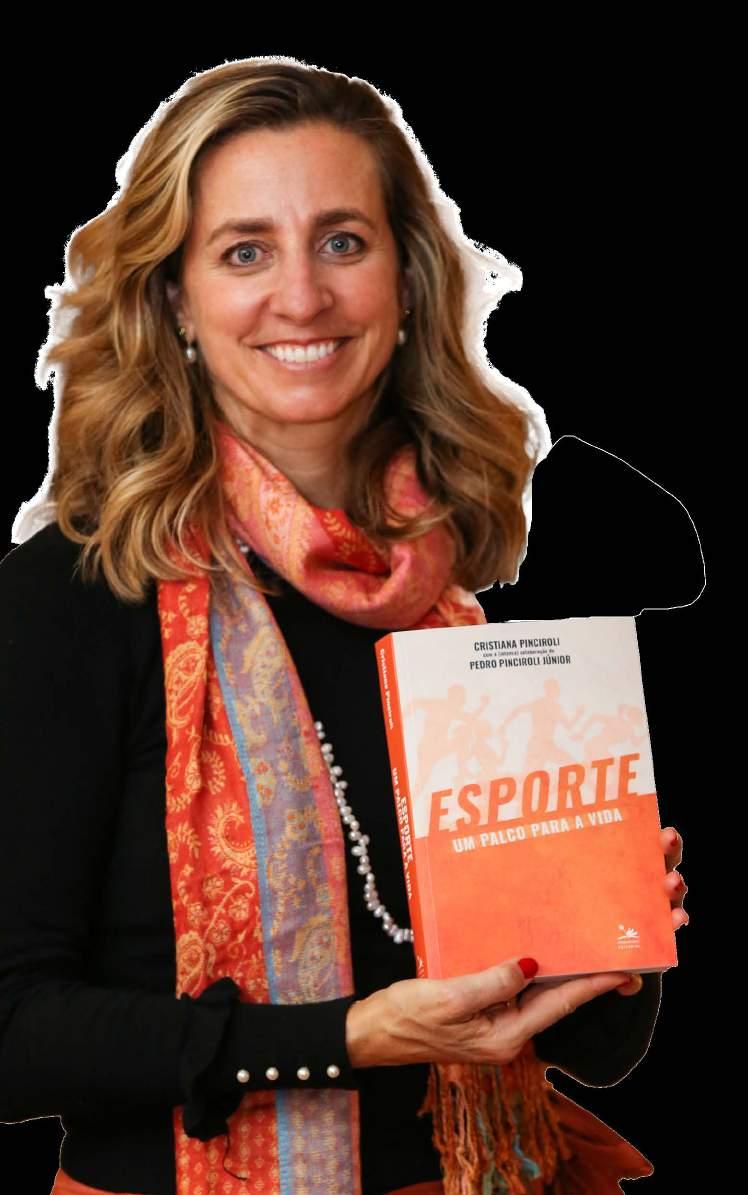
Sempre por inspiração e nunca por imposição. Always by example and never by imposition.
Cristiana Pinciroli is the eldest daughter of Pedro Pinciroli Junior, a former water polo player who played for the Brazilian national team in the 1964 (Tokyo) and 1968 (Mexico City) Olympics, and Olga Pinciroli, first Director for Women’s Water Polo in Brazil that played an essential role in the introduction and development of the sport in Brazil and the world.
“Since I was a child, I was encouraged to practice sports by example and never by imposition”. At the age of 16, she became part of the first Brazilian women’s national water polo team. She was a pioneer of the sport. She then became captain of the Brazilian national team for 15 years and played professionally for 4 years in Italian teams – Roma and Catania -, for which she won the national championship and the Champions Cup. Cristiana and Janaina Parra Grossi (one of the organizers of HaBaWaBa Brasil) shared challenges together in the international arena and this kind friendship and respect lasts for a lifetime.
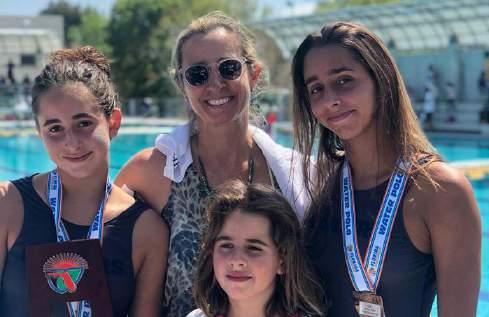
In 1998, in Australia, after taking part in her third world championship, she was elected one of the seven top players in the world, being part of the All-Star Team and
was the second highest goalscorer of the championship. In 1999, at the age of 27, she won a bronze medal at the Pan American Games in Winnipeg, Canada, where her father’s team had won the silver medal for Brazil 32 years earlier, in 1967.
In addition to her sports career, for 25 years, Cris Pinciroli was an executive at the Itau-Unibanco bank, working mainly in areas and projects related to human development and customer relations. She started a mentoring, training and speaking company aimed at helping people develop their potential and achieve performance and happiness not only in sports, but also in their careers and personal lives.
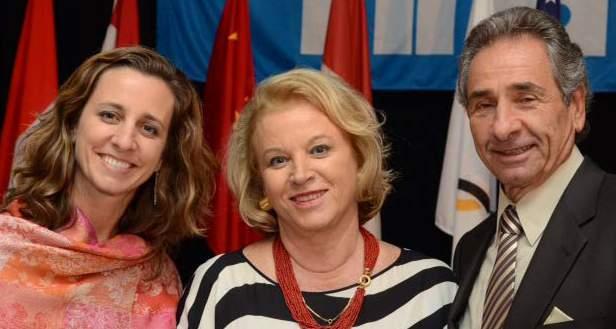
During the Tokyo Olympic Games (2021), she published the book “Sport, a stage for life” written by herself and her father that, in addition to her own success stories, brings together contributions from world-renowned athletes and coaches, leading academics, doctors and psychologists who share inspiring facts and provide scientific evidence on how we can transform our behaviors to create positive habits and fulfill our potential in a life of achievements.
15 anos capitã da Seleção Brasileira
Eleita entre as 7 melhores jogadoras do mundo - Mundial de Perth (1999)
Campeã da Copa dos Campeões interclubesOrizzonte Catania, Sicilia (1993)
Medalha de Bronze nos Jogos Pan-Americanos de Winnipeg, Canadá (1999)
15 years captain of the Brazilian national team
Voted among the 7 best players in the worldPerth World Cup (1999)
Interclub Champions Cup champion - Orizzonte Catania, Sicilia (1993)
Bronze medal at the Pan American Games in Winnipeg, Canada (1999)
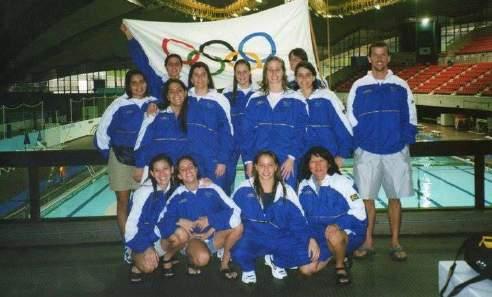
O hoje engenheiro eletricista Luiz Felipe Cardoso, de 26 anos, passou cerca de 10 anos de sua vida como atleta de polo aquático da ABDA, conciliando a rotina de treinamentos e estudos que transformaram a sua vida e o tornaram um grande exemplo na instituição. Luiz foi um dos primeiros atletas da ABDA, na época em que o clube ainda engatinhava nas competições. Mesmo assim, o jogador tem em sua coleção as medalhas de 3° colocado no Campeonato Paulista Sub-19 (2015), vice-campeão da Taça Brasil Adulto (2016) e vice-campeão Sul-Americano de Clubes Adulto (2017).
Sempre doando o melhor de si, comprometido com o time, com a família, com a equipe, Luiz é exemplo do que o esporte pode proporcionar na vida das crianças e adolescentes. De família humilde, passou a infância em um bairro carente que já foi considerado um dos mais perigosos da cidade de Bauru (SP). Antes de entrar na ABDA, aos 14 anos, estava sempre na rua soltando pipa, jogando bola, correndo. “Eu saia de manhã de casa, não voltava para almoçar, chegava só quando já estava escurecendo”, relembra.
Muitos colegas que viviam nessa mesma rotina acabaram se envolvendo com tráfico de drogas, foram mortos ou presos. Mas, Luiz teve um futuro diferente ao entrar para o esporte e usá-lo como plataforma para melhoria de vida. Aprendeu que é preciso se sacrificar para ter conquistas e melhorou sua autoestima.
Na 8ª serie, o atleta conquistou bolsa de estudos da ABDA para cursar o ensino médio em uma escola particular. As dificuldades foram grandes, pois vinha de escola pública, onde o ensino era mais fraco. Mas, como bom exemplo de atleta comprometido, Luiz foi se dedicando e pegando ritmo. Terminou o ensino médio com a conquista da bolsa de estudos para a faculdade. Foi cursar Engenharia Elétrica, porém sem deixar de se dedicar aos treinos de polo aquático. “Não é fácil conciliar faculdade com esporte, mas nunca foi impossível”, conta.
Atualmente, graduado e atuando no mercado de trabalho em sua área, Luiz não se dedica mais ao polo aquático, mas é uma grande referência para os atletas mais novos da ABDA. Se formou, casou e, por méritos próprios, foi contratado para trabalhar na Zopone Engenharia, tendo passado por processo seletivo e se destacado entre os candidatos à vaga.
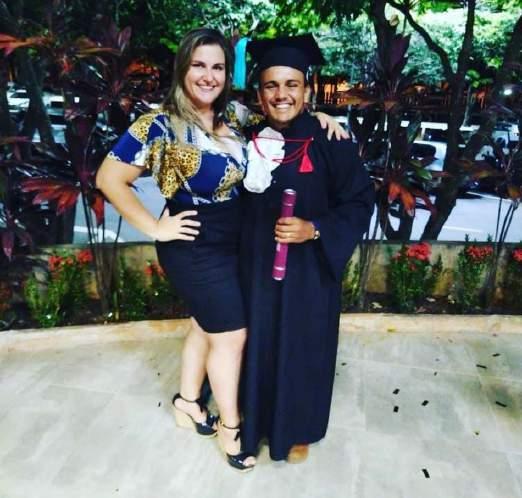
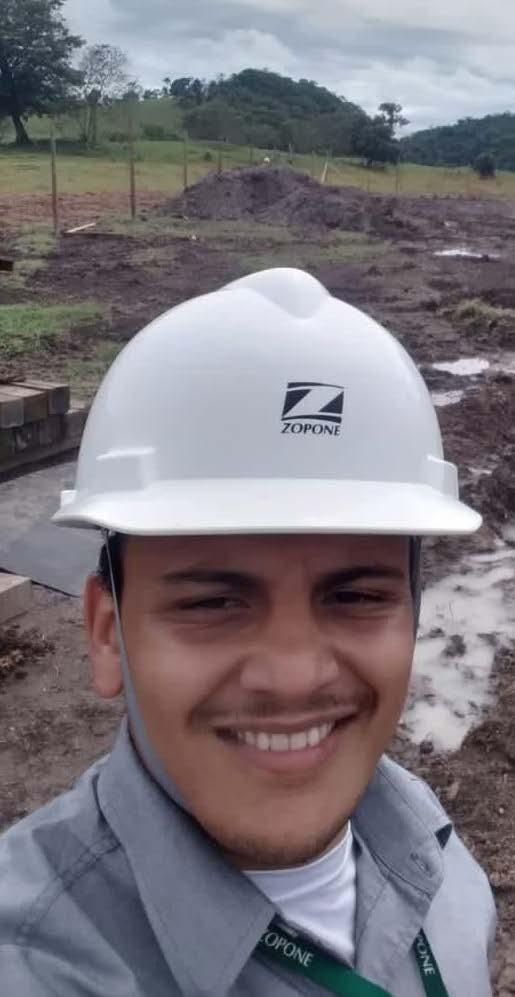
A ABDA foi um berço, uma mãe para mim, transformou completamente minha vida.
ABDA was a cradle, a mother to me, it completely transformed my life.Luiz Cardoso e a esposa Thainá Istvandic
Currently an electrical engineer, Luiz Felipe Cardoso, 26, spent about 10 years of his life as an ABDA water polo athlete, reconciling the routine of training and studies that transformed his life and made him a great example in the institution. Luiz was one of the first ABDA athletes, at a time when the club was still practicing its baby steps in competitions. Even so, the player posses in his collection medals for 3rd place in the Campeonato Paulista U-19 (2015), runner-up of the Taça Brasil Adulto (2016) and South American runner-up of Adult Clubs (2017).
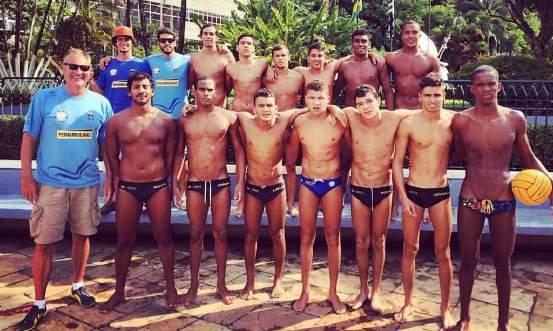
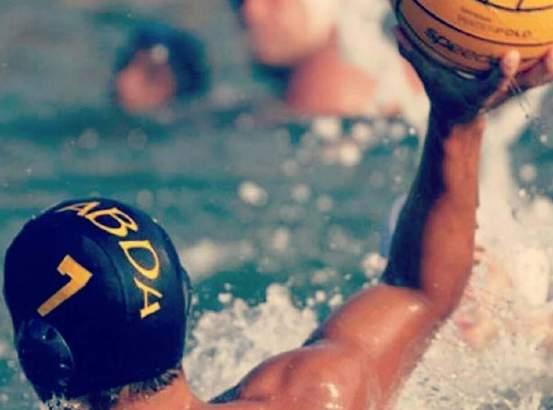
Always giving the best of himself, committed to the team, to the family, to the team, Luiz is an example of what sport can provide in the lives of children and teenagers. From a humble family, he spent his childhood in a poor neighborhood that was once considered one of the most dangerous in the city of Bauru (SP). Before joining ABDA, at the age of 14, he was always on the street playing with kites, playing soccer, running. “I left the house in the morning, I didn’t come back for lunch, I arrived only when it was getting dark”, he recalls.
Many colleagues who lived this same routine ended up
getting involved in drug trafficking, were killed or arrested. But, Luiz arrived at a different future by practicing sports and using it as a platform for life improvement. He learned that you have to sacrifice to have achievements and improved his self-esteem.
By 8th grade, the athlete earned a scholarship from ABDA to attend high school in a private school. The difficulties were many, due to coming from public schools, where education was weaker. But, as a good example of a committed athlete, Luiz was dedicating himself and picking up the pace. He graduated from high school with a college scholarship. He went to study Electrical Engineering, but without ceasing to dedicate himself to water polo training. ” It is not easy to reconcile college with sports, but it has never been impossible”, he says.
Currently graduated and taking part in the work market in his area, Luiz is no longer commited to water polo, but is a great reference for the younger athletes of ABDA. He graduated, got married and, on his own merits, was hired to work at Zopone Engenharia, having gone through the selection process and stood out among the candidates for the spot.
Realizei um sonho do meu pai, que nunca teria condição de pagar uma faculdade para o filho. I fulfilled one of my father’s dreams, who would never be able to afford college for his son.
TEAMS U-10
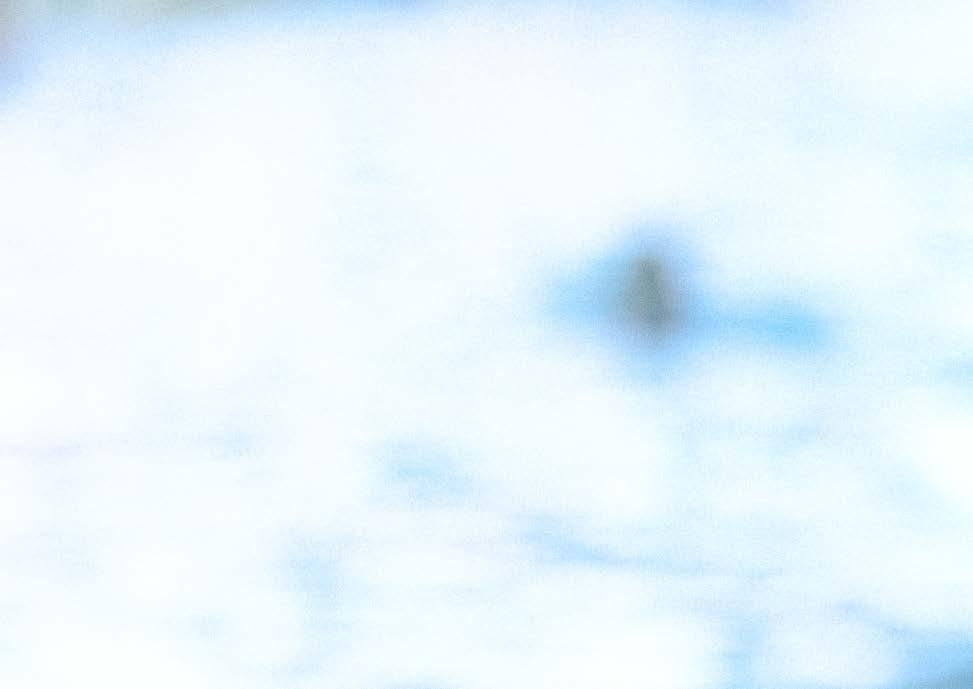
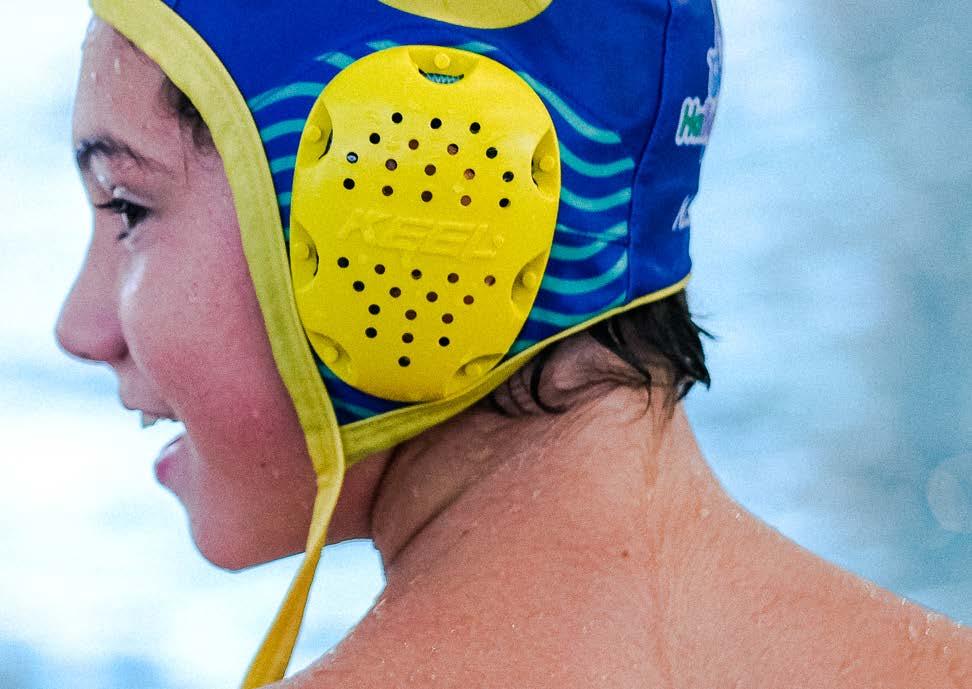
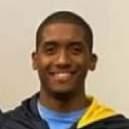
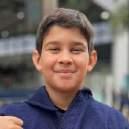
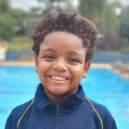
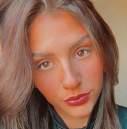


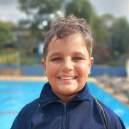


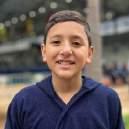
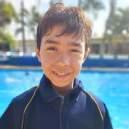
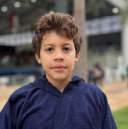
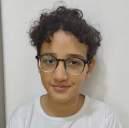
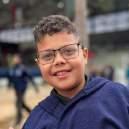
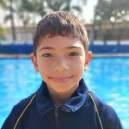

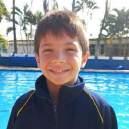
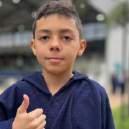
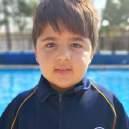
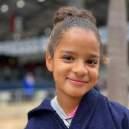
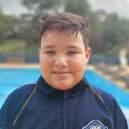
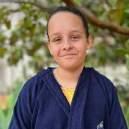
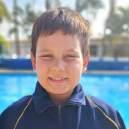
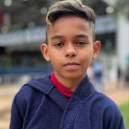
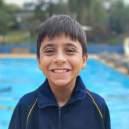
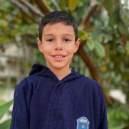
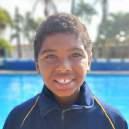
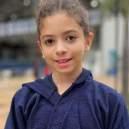
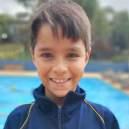
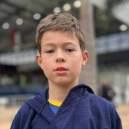
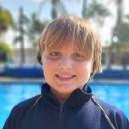
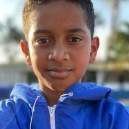
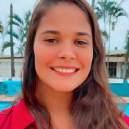
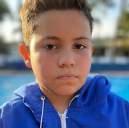
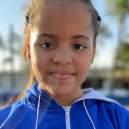

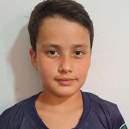
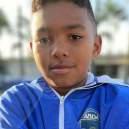
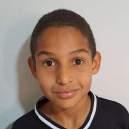
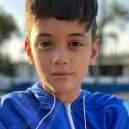
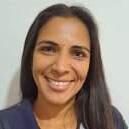
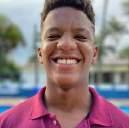
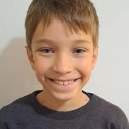

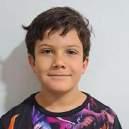
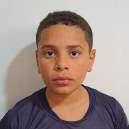
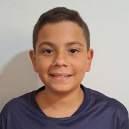
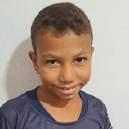
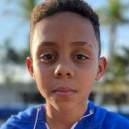
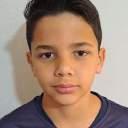
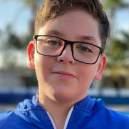
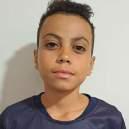
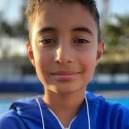
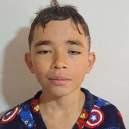

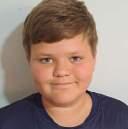
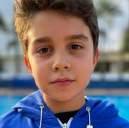
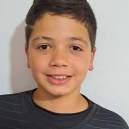
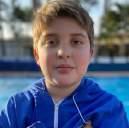

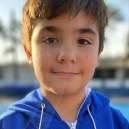
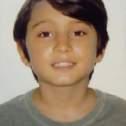

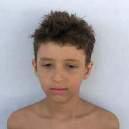
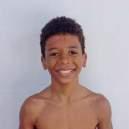
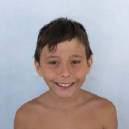
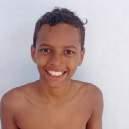
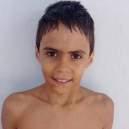
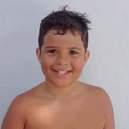
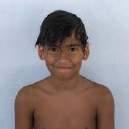
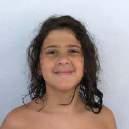
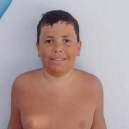

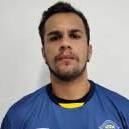
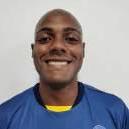
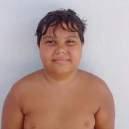
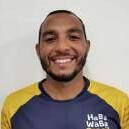
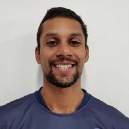
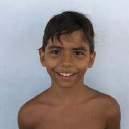

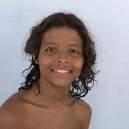
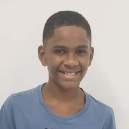


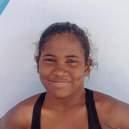
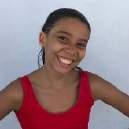


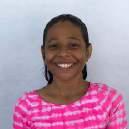
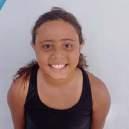
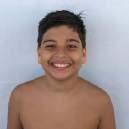

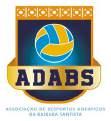
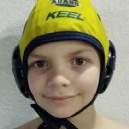
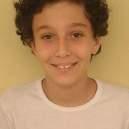
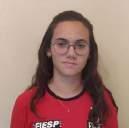

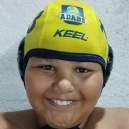
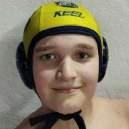

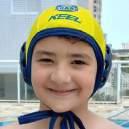
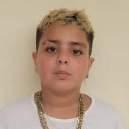
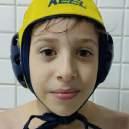

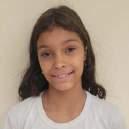
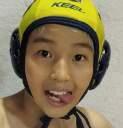
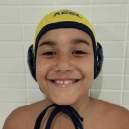

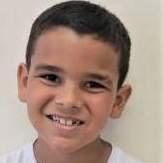
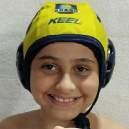
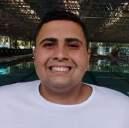
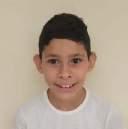
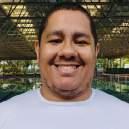
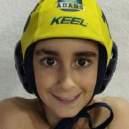

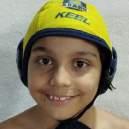
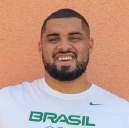
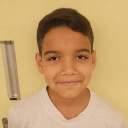

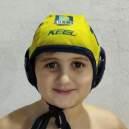

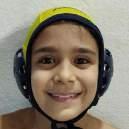
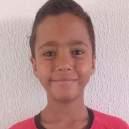
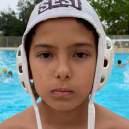
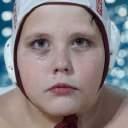
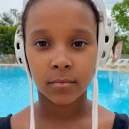
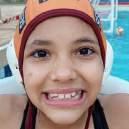
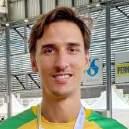
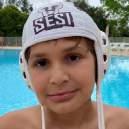
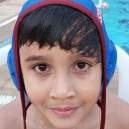
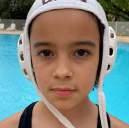
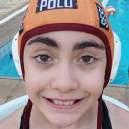

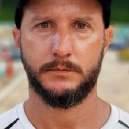
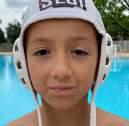
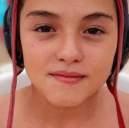
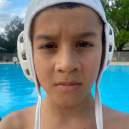
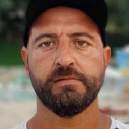
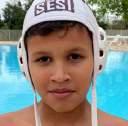
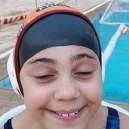
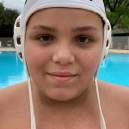
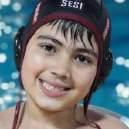
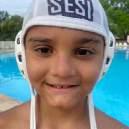
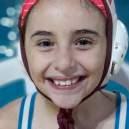
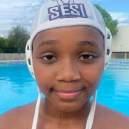
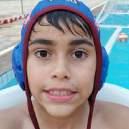
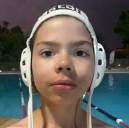
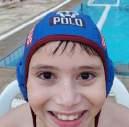


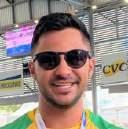

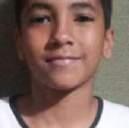

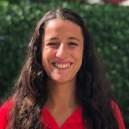

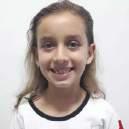

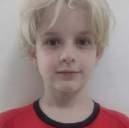
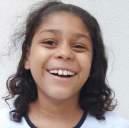

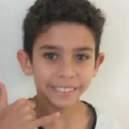
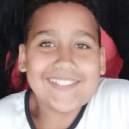
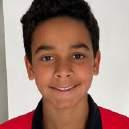
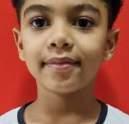

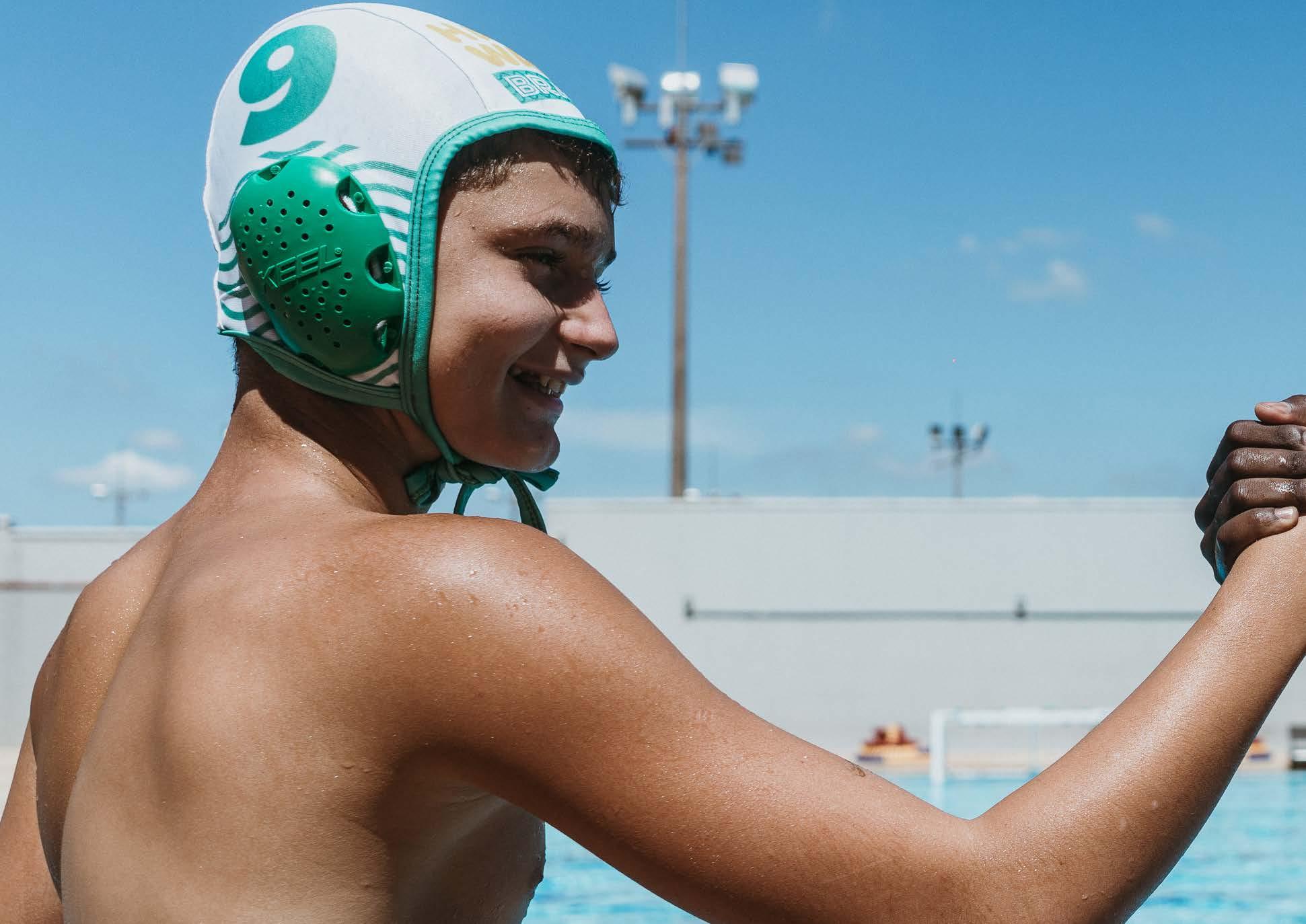
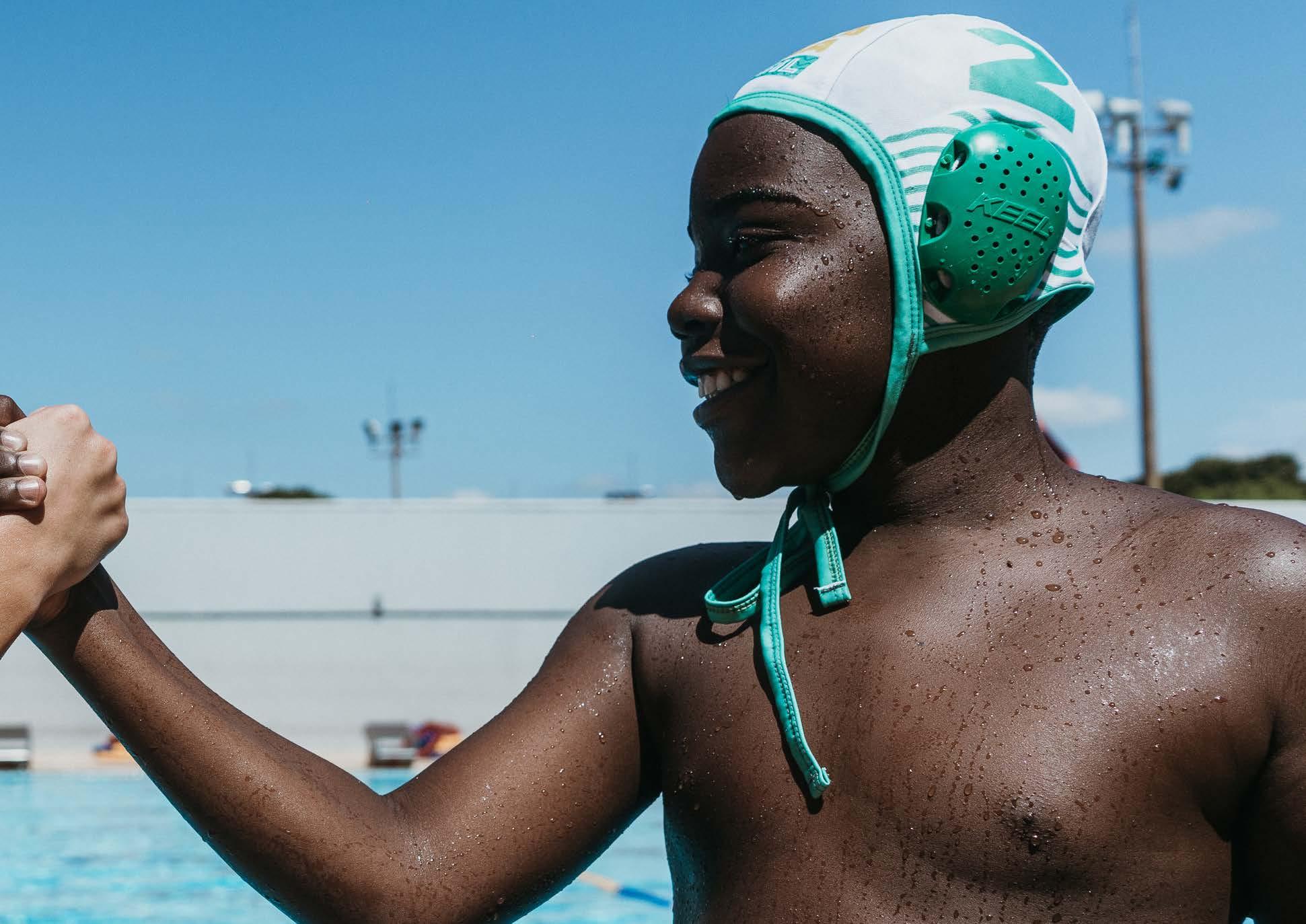
Caue Parreira Poli
Felipe de Tilio
João dos Santos Aquino
Gabriel Enrico Rodrigues Marques
Mateus Rodrigues Santos
João Pedro de Paula Fernandes
NIcolas Miguel Moreira De Souza
Davi Duarte Justino Leite
Kaue Inocencio Pereira
Adrian Gabriel Sinval Lourenzo de Souza
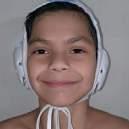
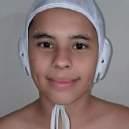
Klauss Marques Torres Pato
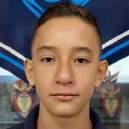
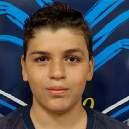
Miguel Caetano Oliveira
Brayan Lucas Carvalho Manhani
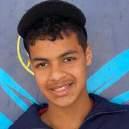
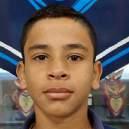



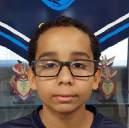
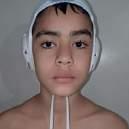
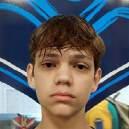
Lucas Fabiano de Barros Silva TÉCNICO

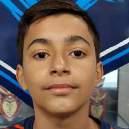
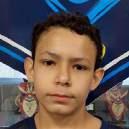
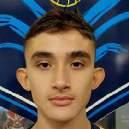
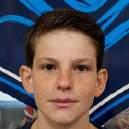
Eduardo Cintra de Paula TÉCNICO
Renan Anteveli Biondi
Vitor Gabriel Camilo Vera Cruz
Vittor Pereira Scarabello
Alexandre Silveira Santos
Anna Marcela Muniz Gardiolo
Heitor Gabriel Ribeiro Adão
João Henrique Ribeiro Adão
Pablo Henrique de Jesus
Reinaldo Limão Neto

Wesley Martins Souza
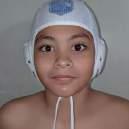
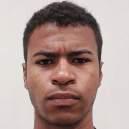
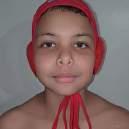
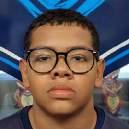
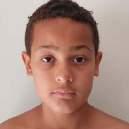
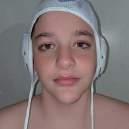
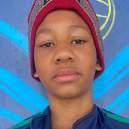
Enzo Yan Vilela Ferreira
Raphaela Vitoria Rodrigues

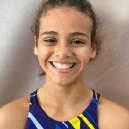
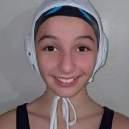
Maria Luiza Covolan
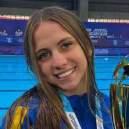
Lauryen Consolmagno TÉCNICA
Belona Mendes TÉCNICA
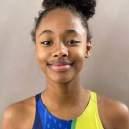
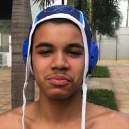

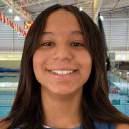
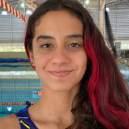
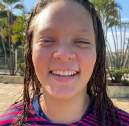
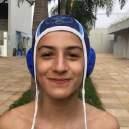

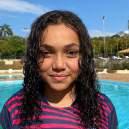
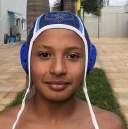

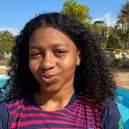

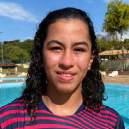
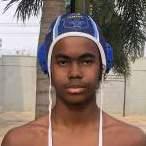

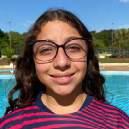
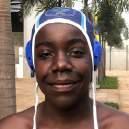
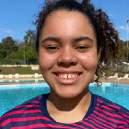
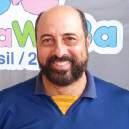
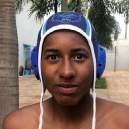
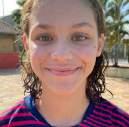
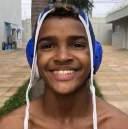
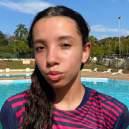
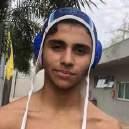
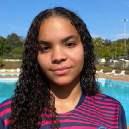
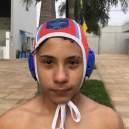
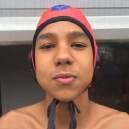
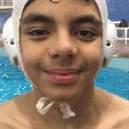
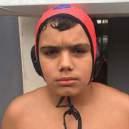

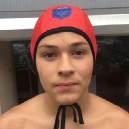
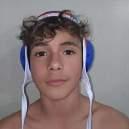
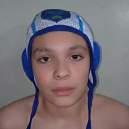
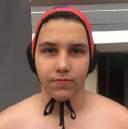
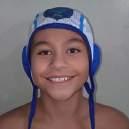
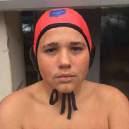
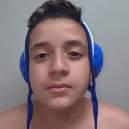
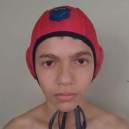
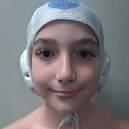
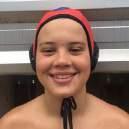
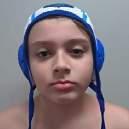
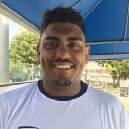
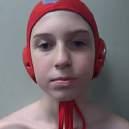
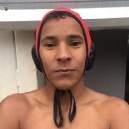
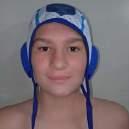


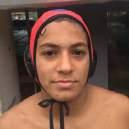
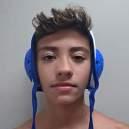

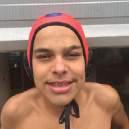
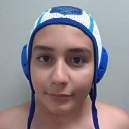
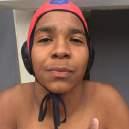
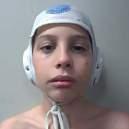
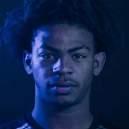
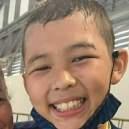

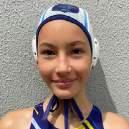

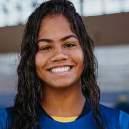
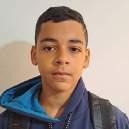

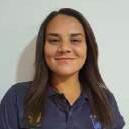
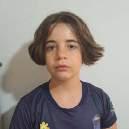
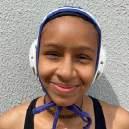
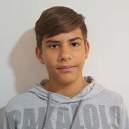
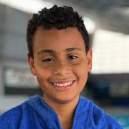

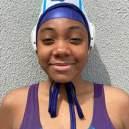
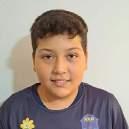

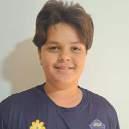
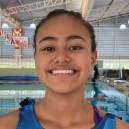
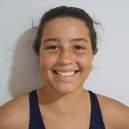

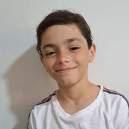

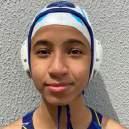

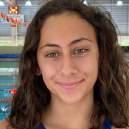
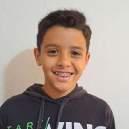

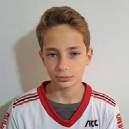

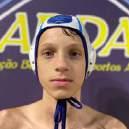

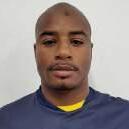
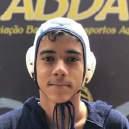
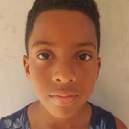
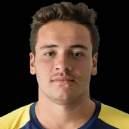
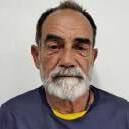
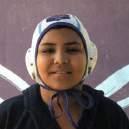
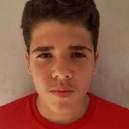


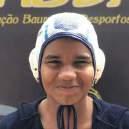
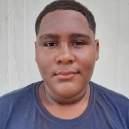
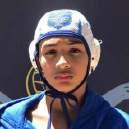

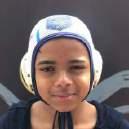
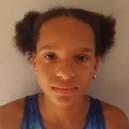
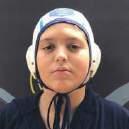
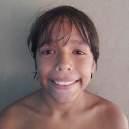
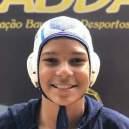
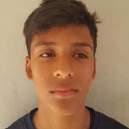
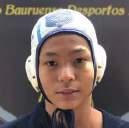
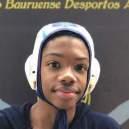
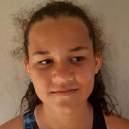
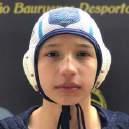

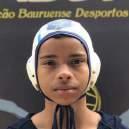

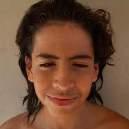



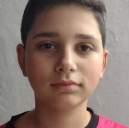
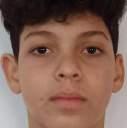
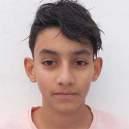

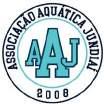
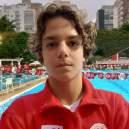
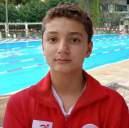

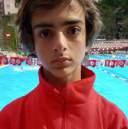
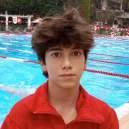
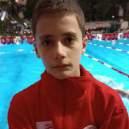
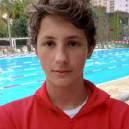
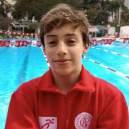
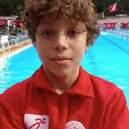
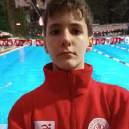
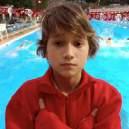
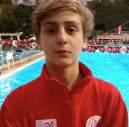
Bernardo
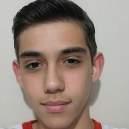

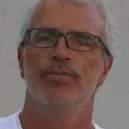
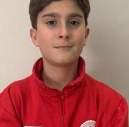

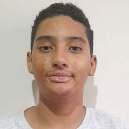
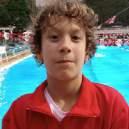
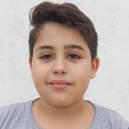


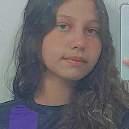
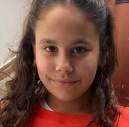
Albertotti

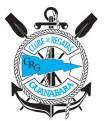


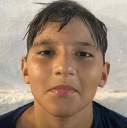
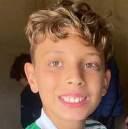
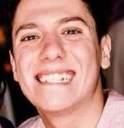

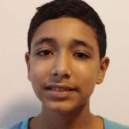
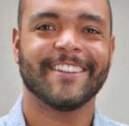


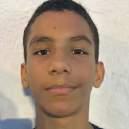

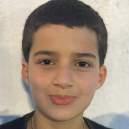
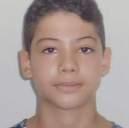
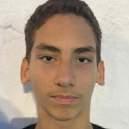

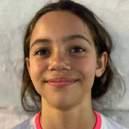
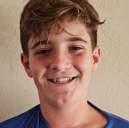

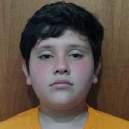
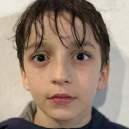
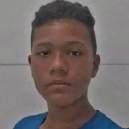


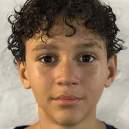


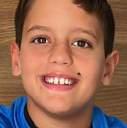

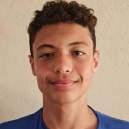
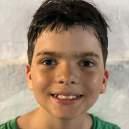



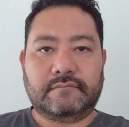
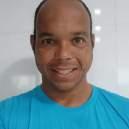
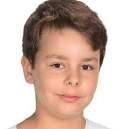

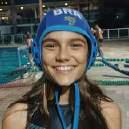
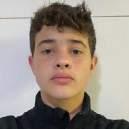

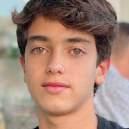
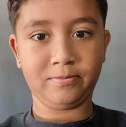

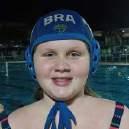
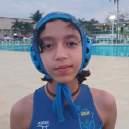

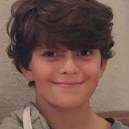

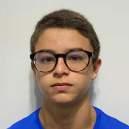
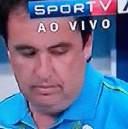
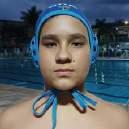
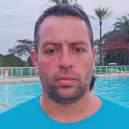
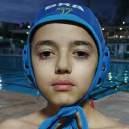

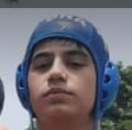


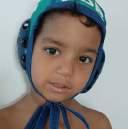
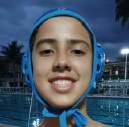
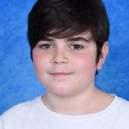
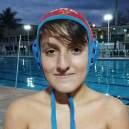
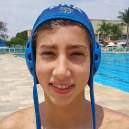





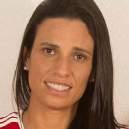

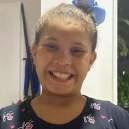
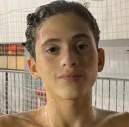
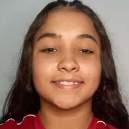

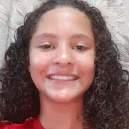
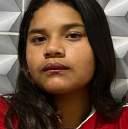
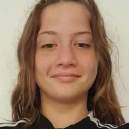
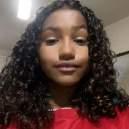

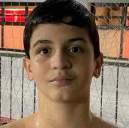
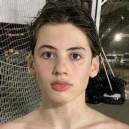
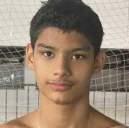

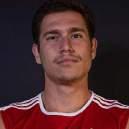
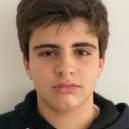


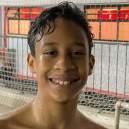
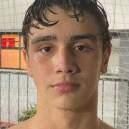
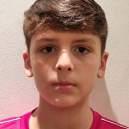

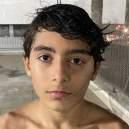



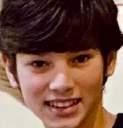
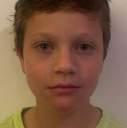
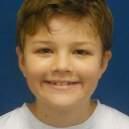

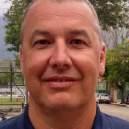

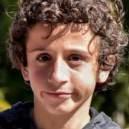
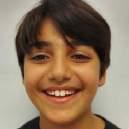
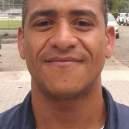
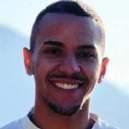


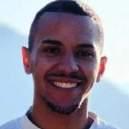
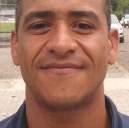


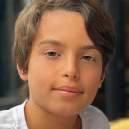






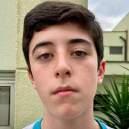
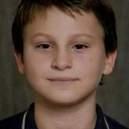
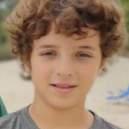

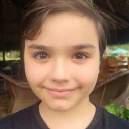
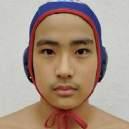
Matheus Evangelista Chaves


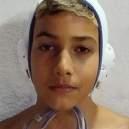
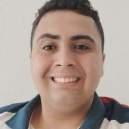

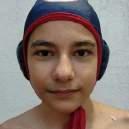
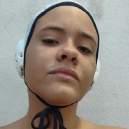
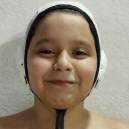
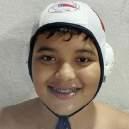
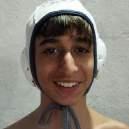
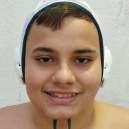
Samara Assis
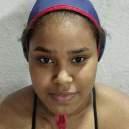
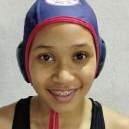
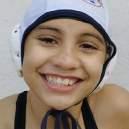
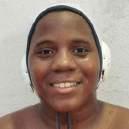
Lavínia
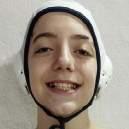
Maia
Thainá
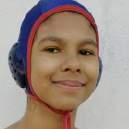
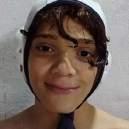
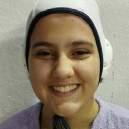
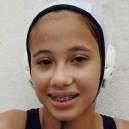
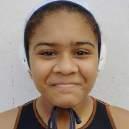
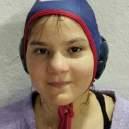
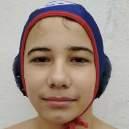
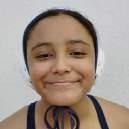
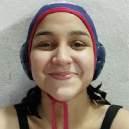
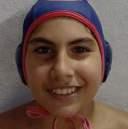
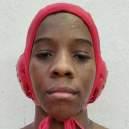
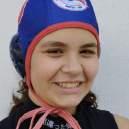
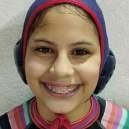
Dario
Isabella


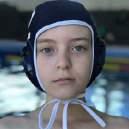


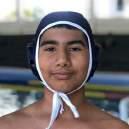
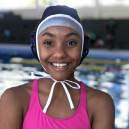

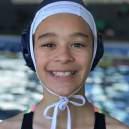
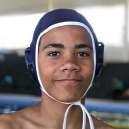
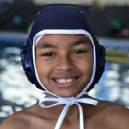

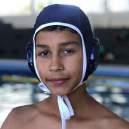
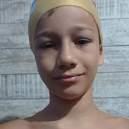

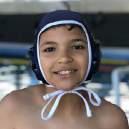
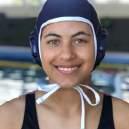
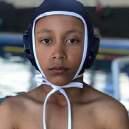
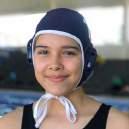

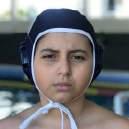
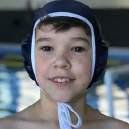
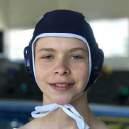
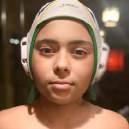
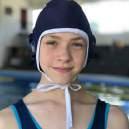
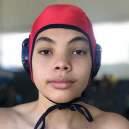
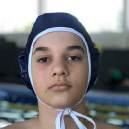
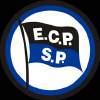

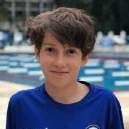
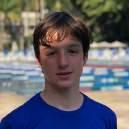
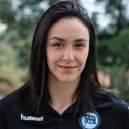
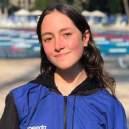
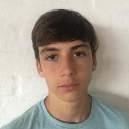
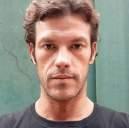
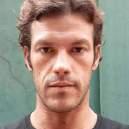

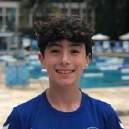
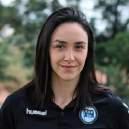


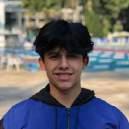
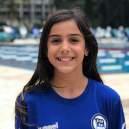
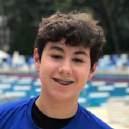
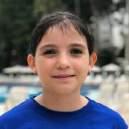

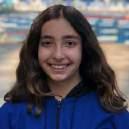
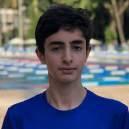
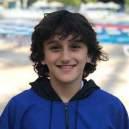
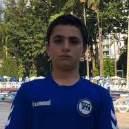
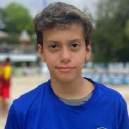

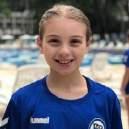
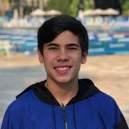

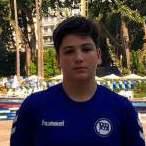
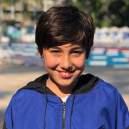
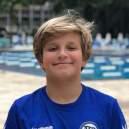


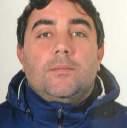
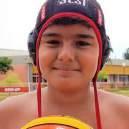

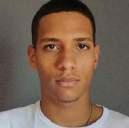
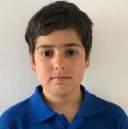
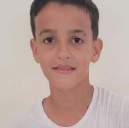
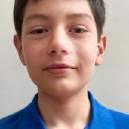
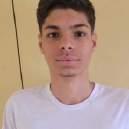

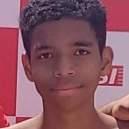
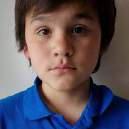

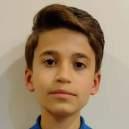
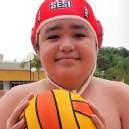
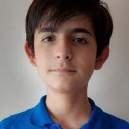
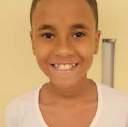

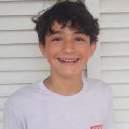

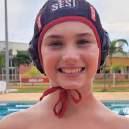

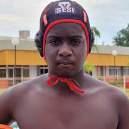
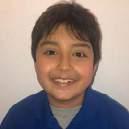
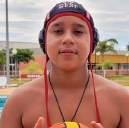
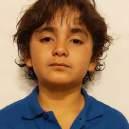
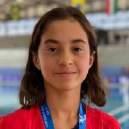

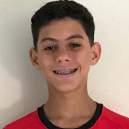
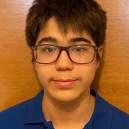
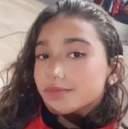
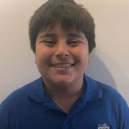


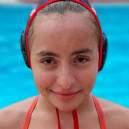
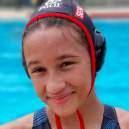
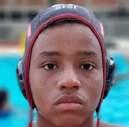
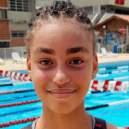
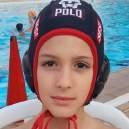
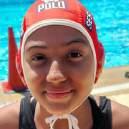
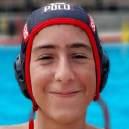
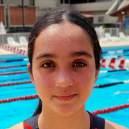
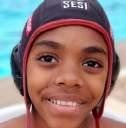
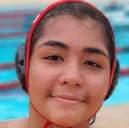
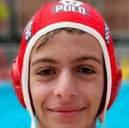
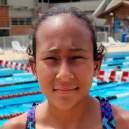
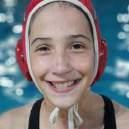
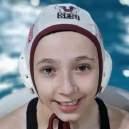
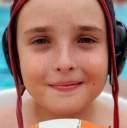
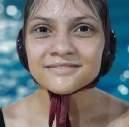
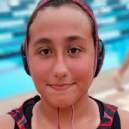
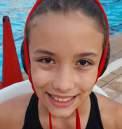
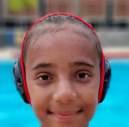
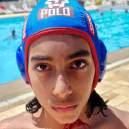
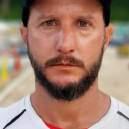
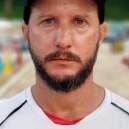
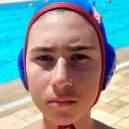
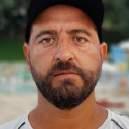
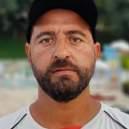
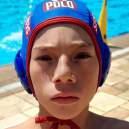
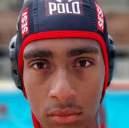
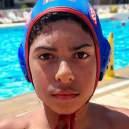
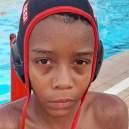
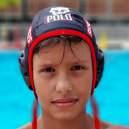


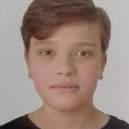
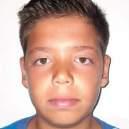

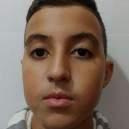

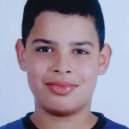


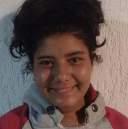
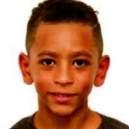



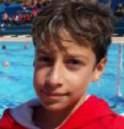

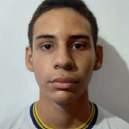
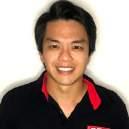
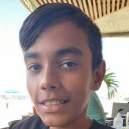
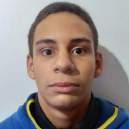


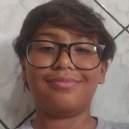
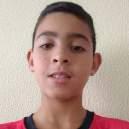
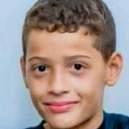
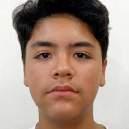
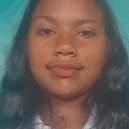


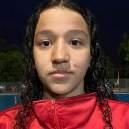
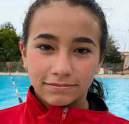
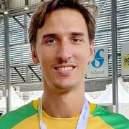
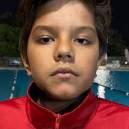
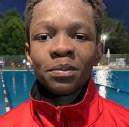
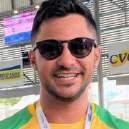
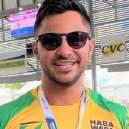
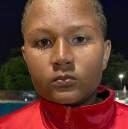
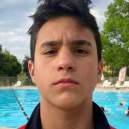
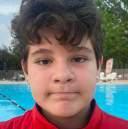
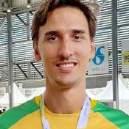
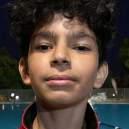
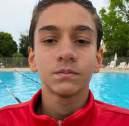

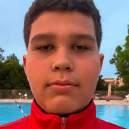
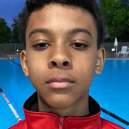
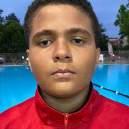
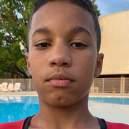
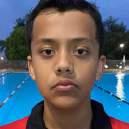
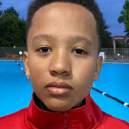
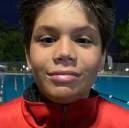
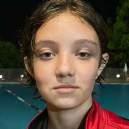
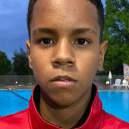
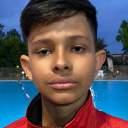
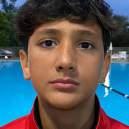
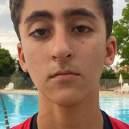
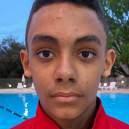
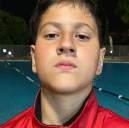
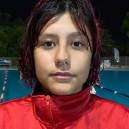
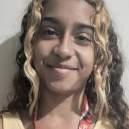
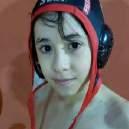
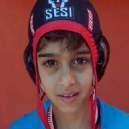

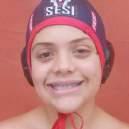
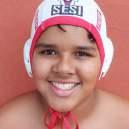
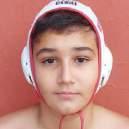
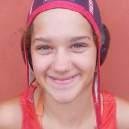
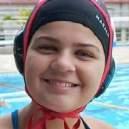
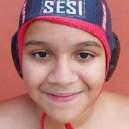
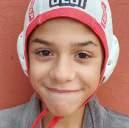
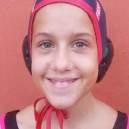
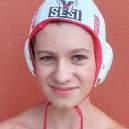
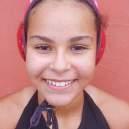
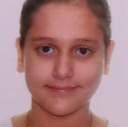


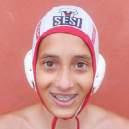
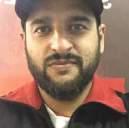

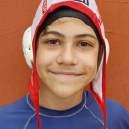
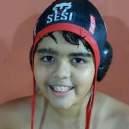
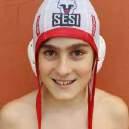
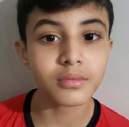
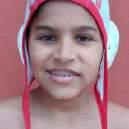
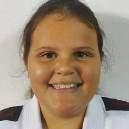
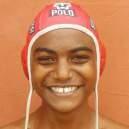
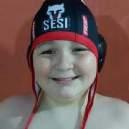
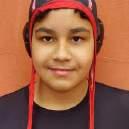
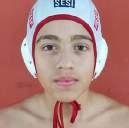
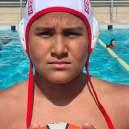
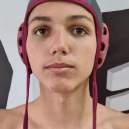
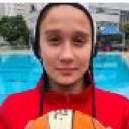
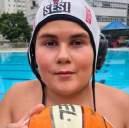
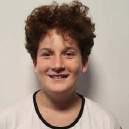
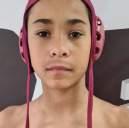
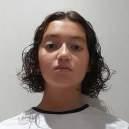
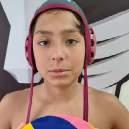


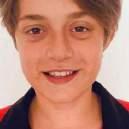
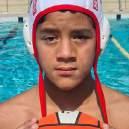
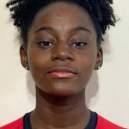
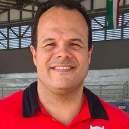
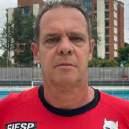
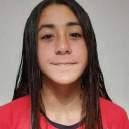

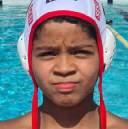
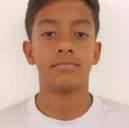
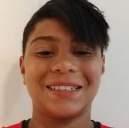
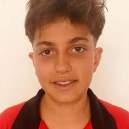
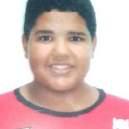
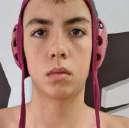
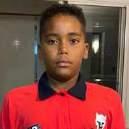
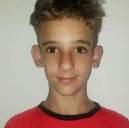
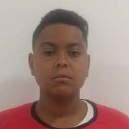
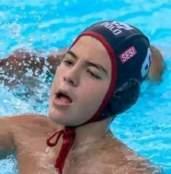
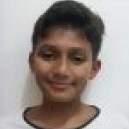
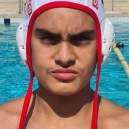
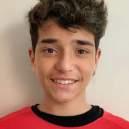 Guilherme Oliveira Pereira
Miguel Calçada
Sarah Evellyne Abrão Alem
Pedro Sciré
Miguel Pinheiro Pedro Henrique Soares
João Henrique Vida Donega
Theo Bastos de Souza Pinto
Danilo Gomes Silva
Guilherme Sforsin
Miguel Lucas Souza Quass
Vitor de Oliveira Guedes
Marcos Vinicius dos Santos Vitor
Enzo Rossi
João Pedro Ferrarezi Dias
Juan Silva
Ronaldo Schmidth Filho
Samuel Cordeiro Handro
João Sciré Carvalho
Maria Julia Luna Lembo Buso
Maria Clara Faria de Luna
Murilo Fiori Floro da Silva
Luis Carlos Cardenuto TÉCNICO
Thiago Ferreira TÉCNICO
Lara Aparecida Nunes da Cruz
Leonardo Guimarâes de Santana
Luca de Deus Marques Rossi
Pedro Gomes de Oliveira
Guilherme Oliveira Pereira
Miguel Calçada
Sarah Evellyne Abrão Alem
Pedro Sciré
Miguel Pinheiro Pedro Henrique Soares
João Henrique Vida Donega
Theo Bastos de Souza Pinto
Danilo Gomes Silva
Guilherme Sforsin
Miguel Lucas Souza Quass
Vitor de Oliveira Guedes
Marcos Vinicius dos Santos Vitor
Enzo Rossi
João Pedro Ferrarezi Dias
Juan Silva
Ronaldo Schmidth Filho
Samuel Cordeiro Handro
João Sciré Carvalho
Maria Julia Luna Lembo Buso
Maria Clara Faria de Luna
Murilo Fiori Floro da Silva
Luis Carlos Cardenuto TÉCNICO
Thiago Ferreira TÉCNICO
Lara Aparecida Nunes da Cruz
Leonardo Guimarâes de Santana
Luca de Deus Marques Rossi
Pedro Gomes de Oliveira
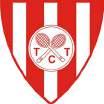



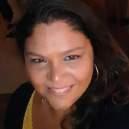

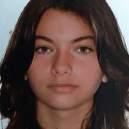

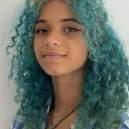



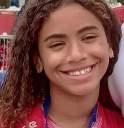

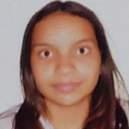
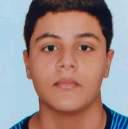

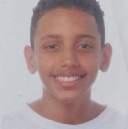
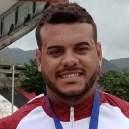
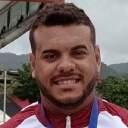
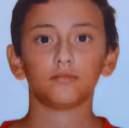
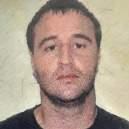

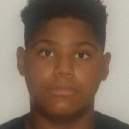
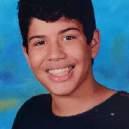
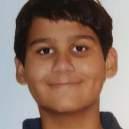
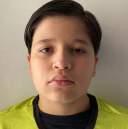
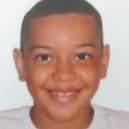
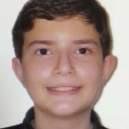
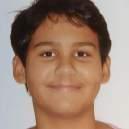
Alessandra Dourado Marques
Alex Fernandes
Alexandre Alvarenga
Ana Beatriz Buzatto
Ana Julia Barros Silva
Ana Julia Batista
Ana Luisa Magotti
Bruno Gomes
Bryan Amaro
Caio Ferrari
Carlos Alberto Santos
Carolina Bernardino
Cauã de Souza Rosa
Cesar Henrique Storti
Claudia Ferreira
Cleverson Junior
Cristiano Goncalves da Silva
Daniel Gaspar
Daniela Aiello D’Alkimin
Daniela Moraes
Danilo Pulls
Débora Silva
Deivid Magalhães
Douglas Paulino
Eloa Campmann
Evellin Ianca Passos
Fábio Amano
Fabrício Fernando Ferreira
Fernando Pakatcholo
Flávia Henes
Gabriel Brisola
Gislaine Luqueto
Giulia Alvarez
Gustavo Avelaneda
Heloisa Albino
Henry Augusto
Henry Monteiro
Icaro Gimenes Godooy
Indayara Rosa
Irandi Daroz
Isa Andrade
Janaína Parra Grossi
Jhonatan Previlato
Jhuan da Silva Martins
Jislaine Santos
João Batista Mariano
João Caumo
João Pedro Barros
João Rene
José Ribeiro Jr.
Josiane Correia
Júlia Monteiro Lopes
Júlia Morgado
Júlia Simões
Júlio César Oliveira Abreu
Kamilly Rocha
Karen Silva
Kelbia de Oliveira
Kemily Leão
Lauana Basílio
Leandro Lanzoni Pereira
Leonardo Fernandes
Leonardo Marinho
Letícia Leão
Leticia Lorieto
Luana Bonetti
Luana Forte
Luana Fortes
Lucas Borges
Lucas Vieira Guimarães
Luciano de Souza
Luciano Manduca
Luiz Fellipe Vieira de Carvalho
Luka Miguel Silvério
Lukas Fernando Bastos
Madalena Lázari
Manuela Chagas
Manuela Lambertini
Marcelo Chagas
Marcelo Ferreira Torres
Marcelo Sanches
Marco Antônio dos Santos
Marcos Antonio Leite
Maria Eduarda Ferreira
Maria Helena Koch da Silva
Maria José Baessa
Mariana Ribeiro
Mariany Santana
Martha Paulino
Neto Gonçalves
Nickolas Tibães
Paula Azenha
Paulo Rogério Moraes Rocha
Pedro da Silva
Raunith dos Santos
Rayanne Moura
Robinson Zizza de Camargo
Rosa Tolon
Salvador Lopes
Sarah Bedani
Sheila Junqueira
Silvio de Albuquerque Hamilton
Stefany Azevedo
Thiago Policarpo
Tiago Barretta
Victor Hugo Ferreira
Victoria Brison Silva
Vinicius Garcia
Vinicius Marques
Vitor Hugo Mendes
Walter Talhamento